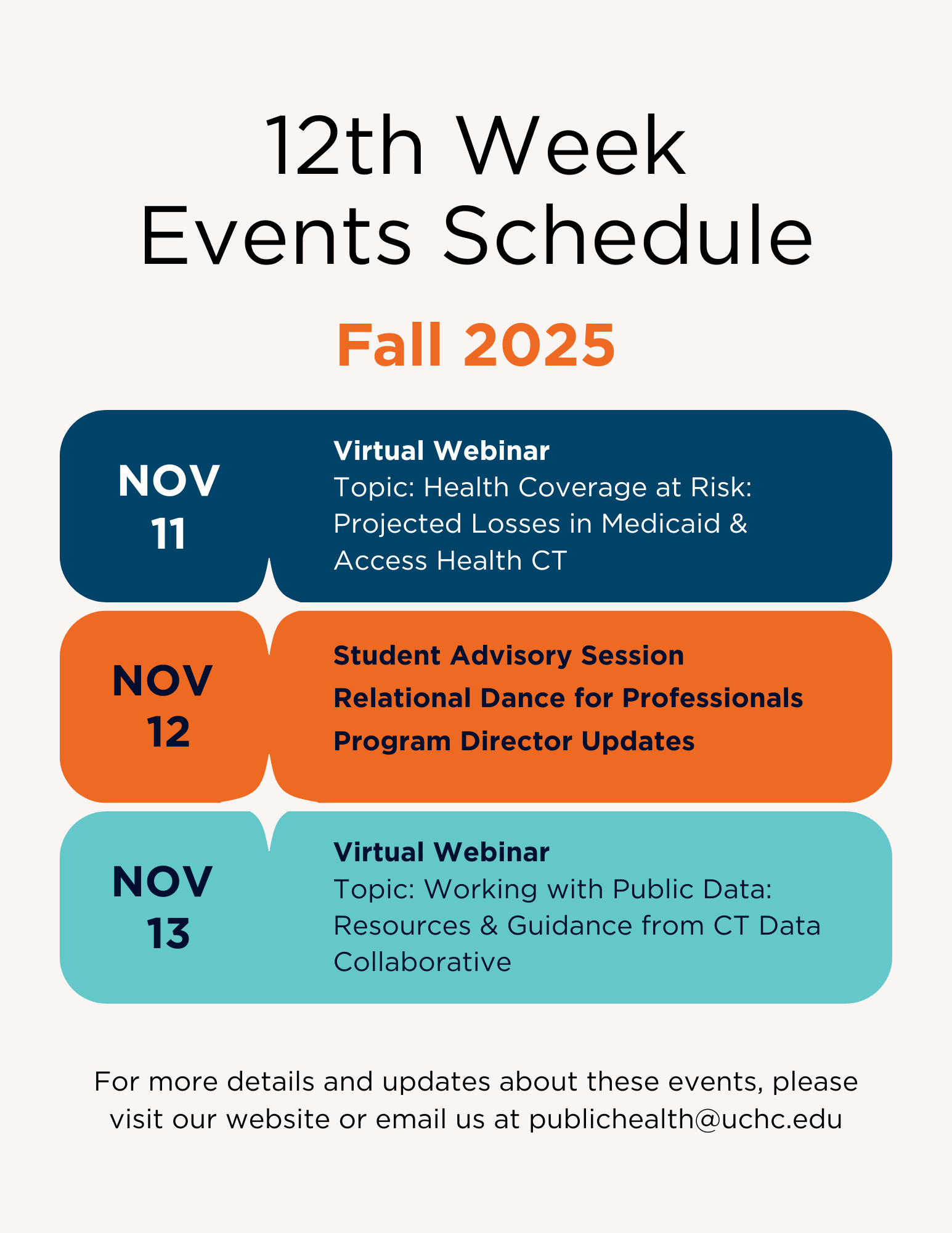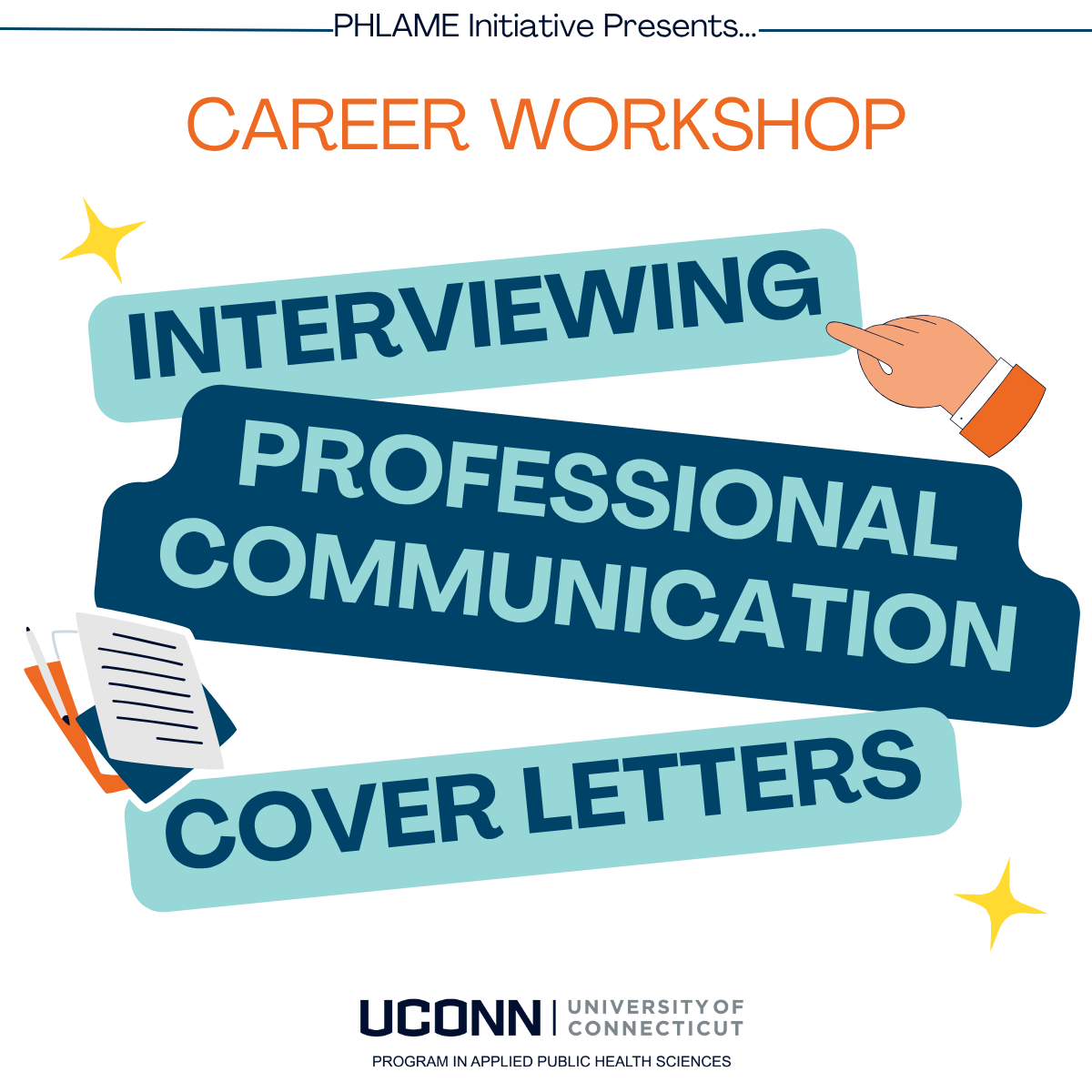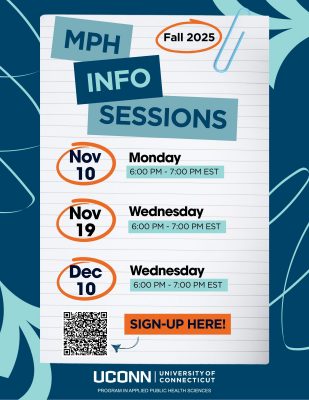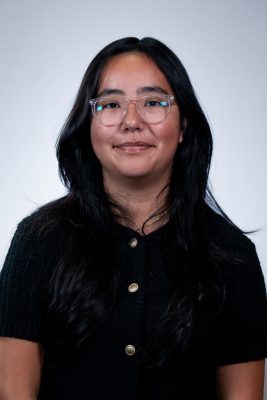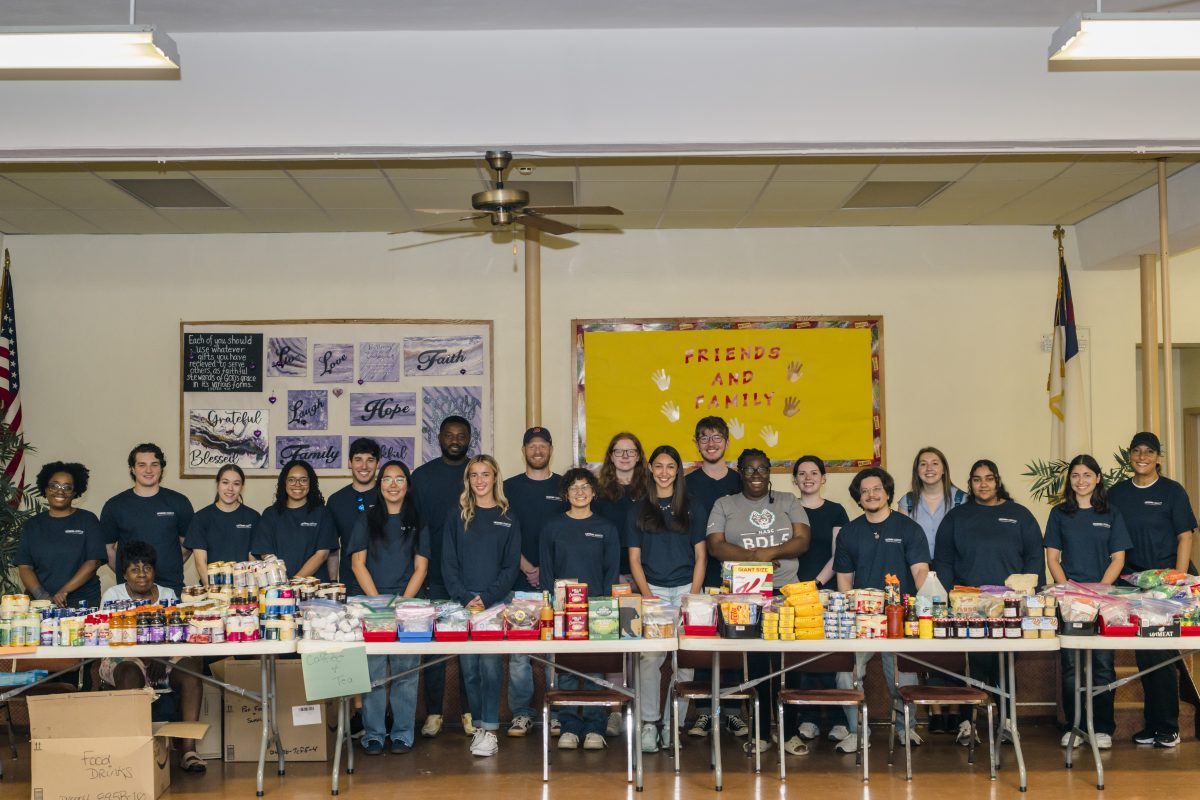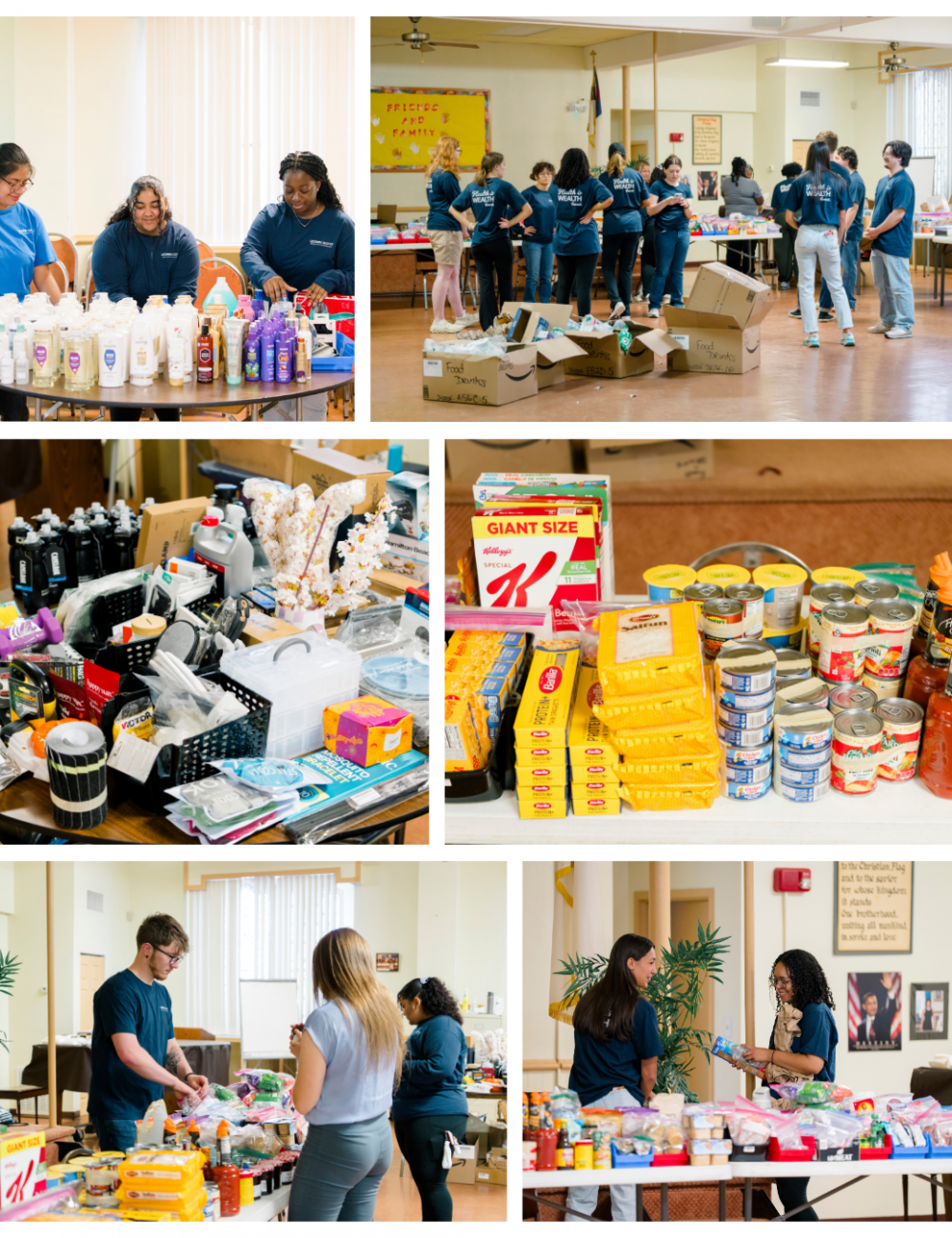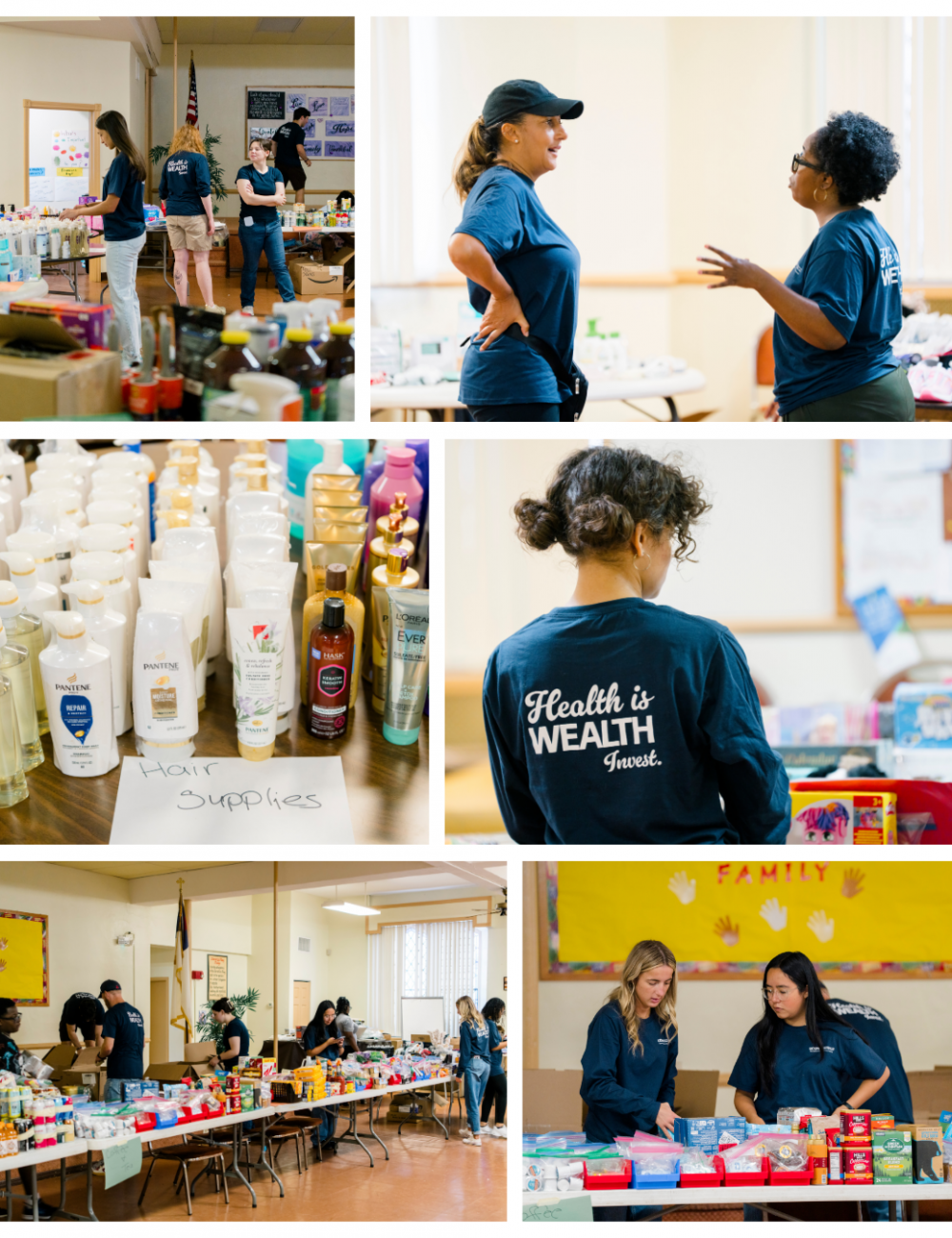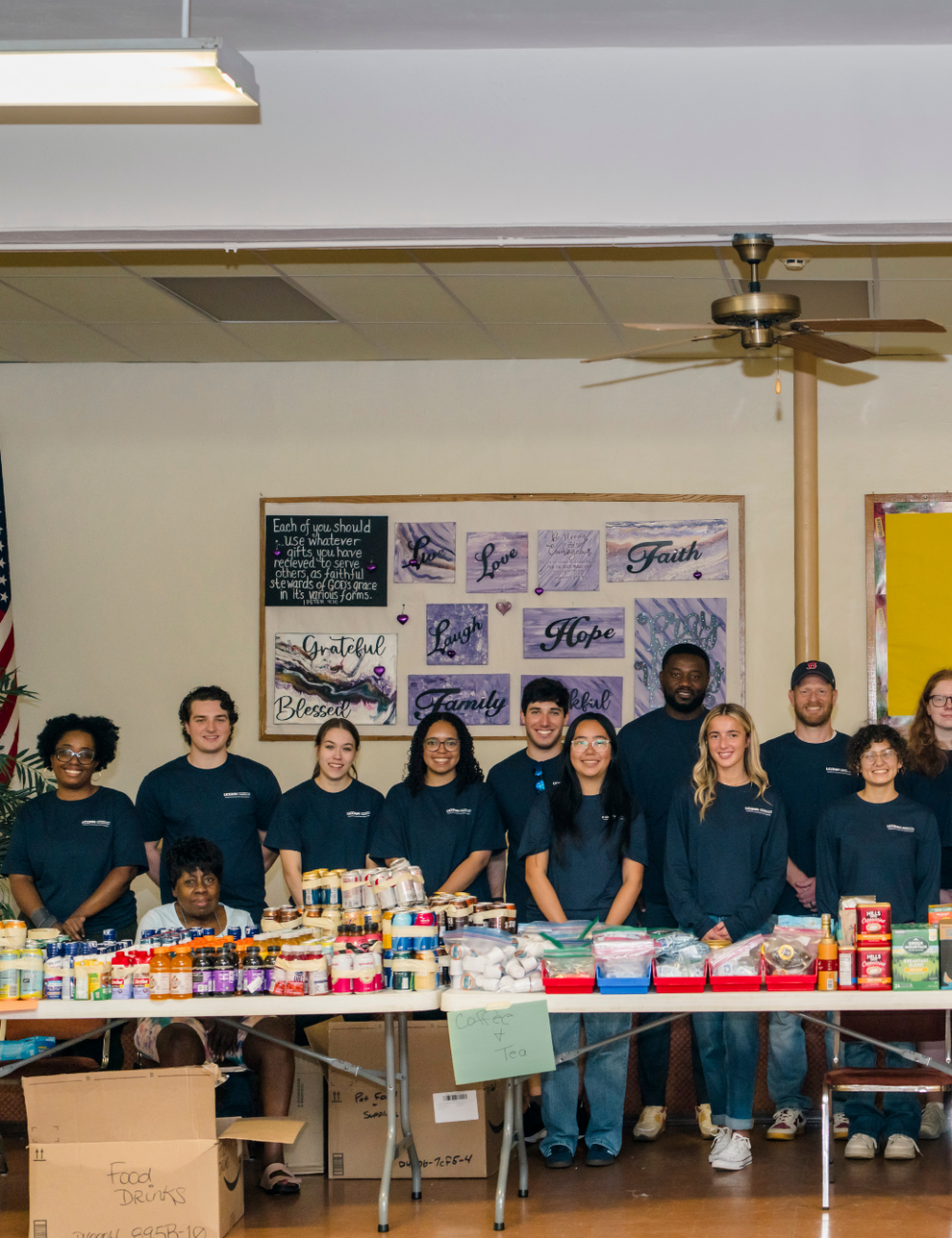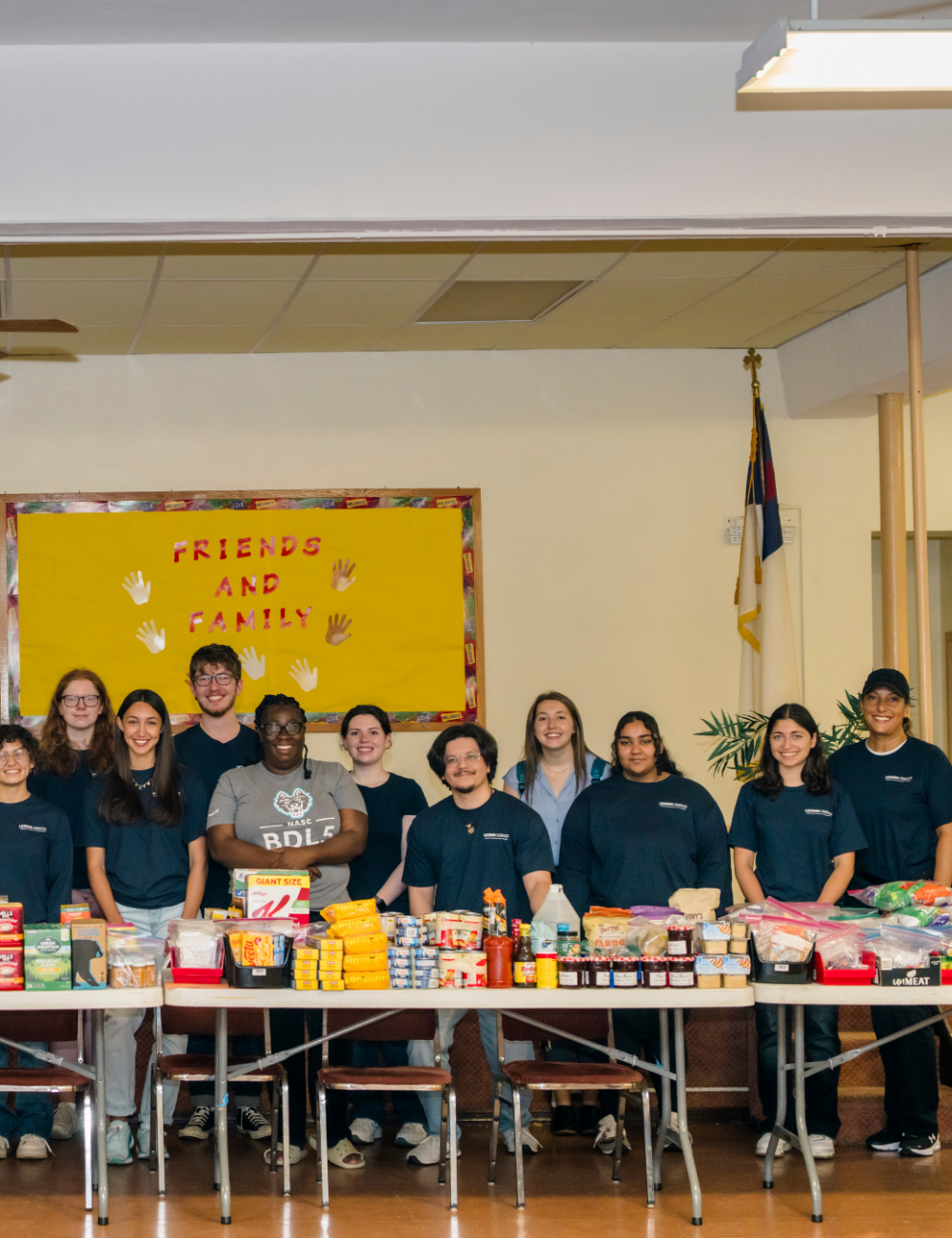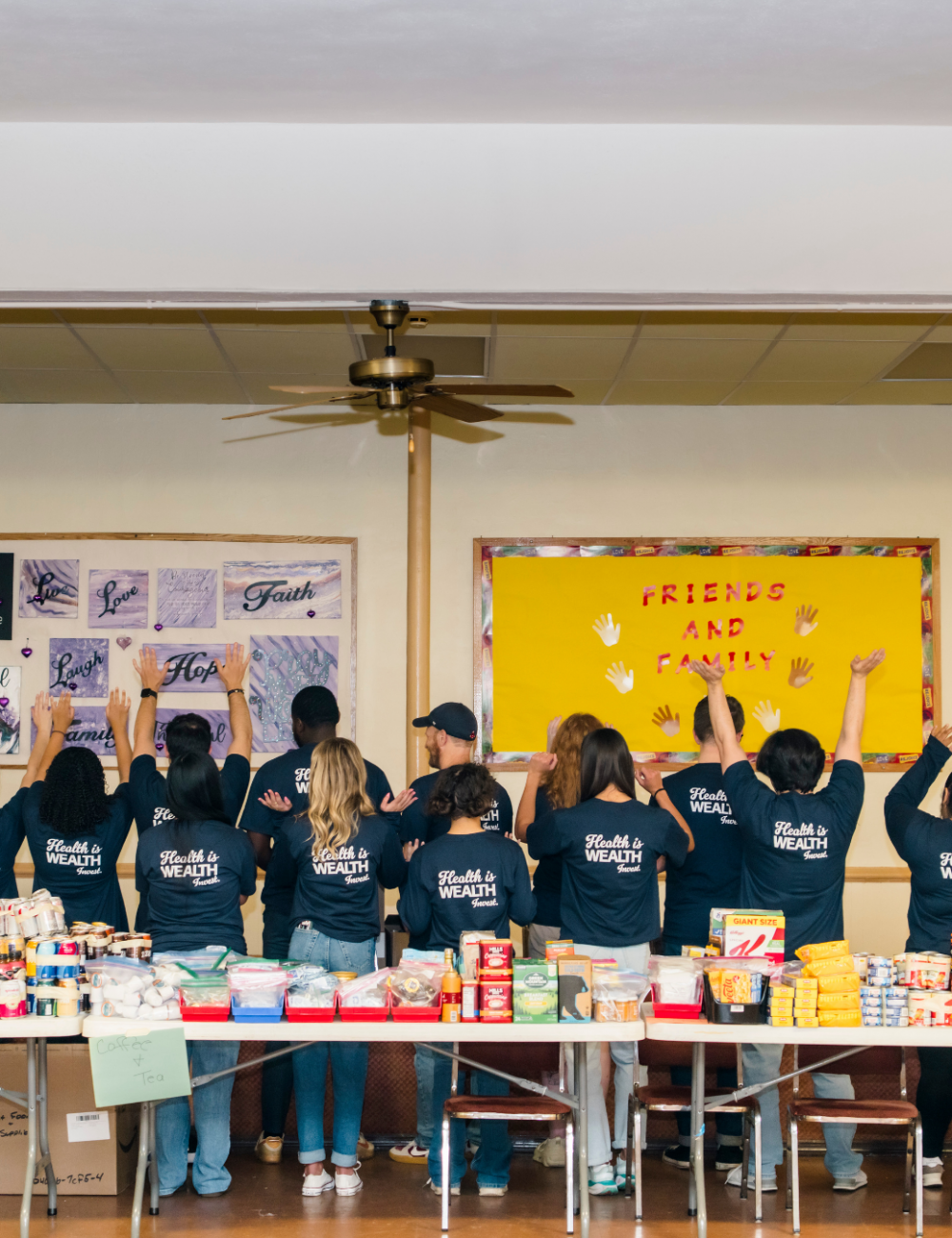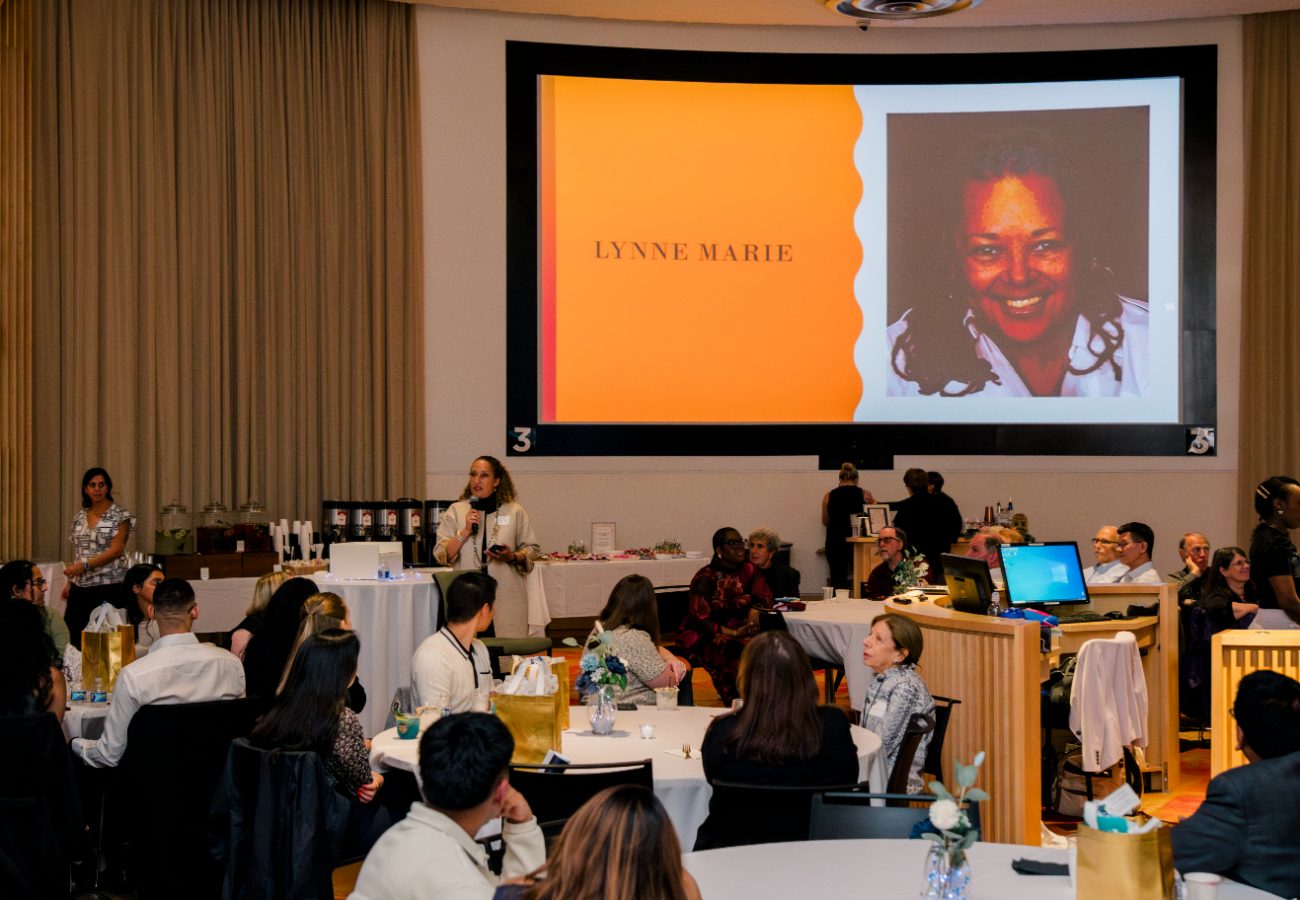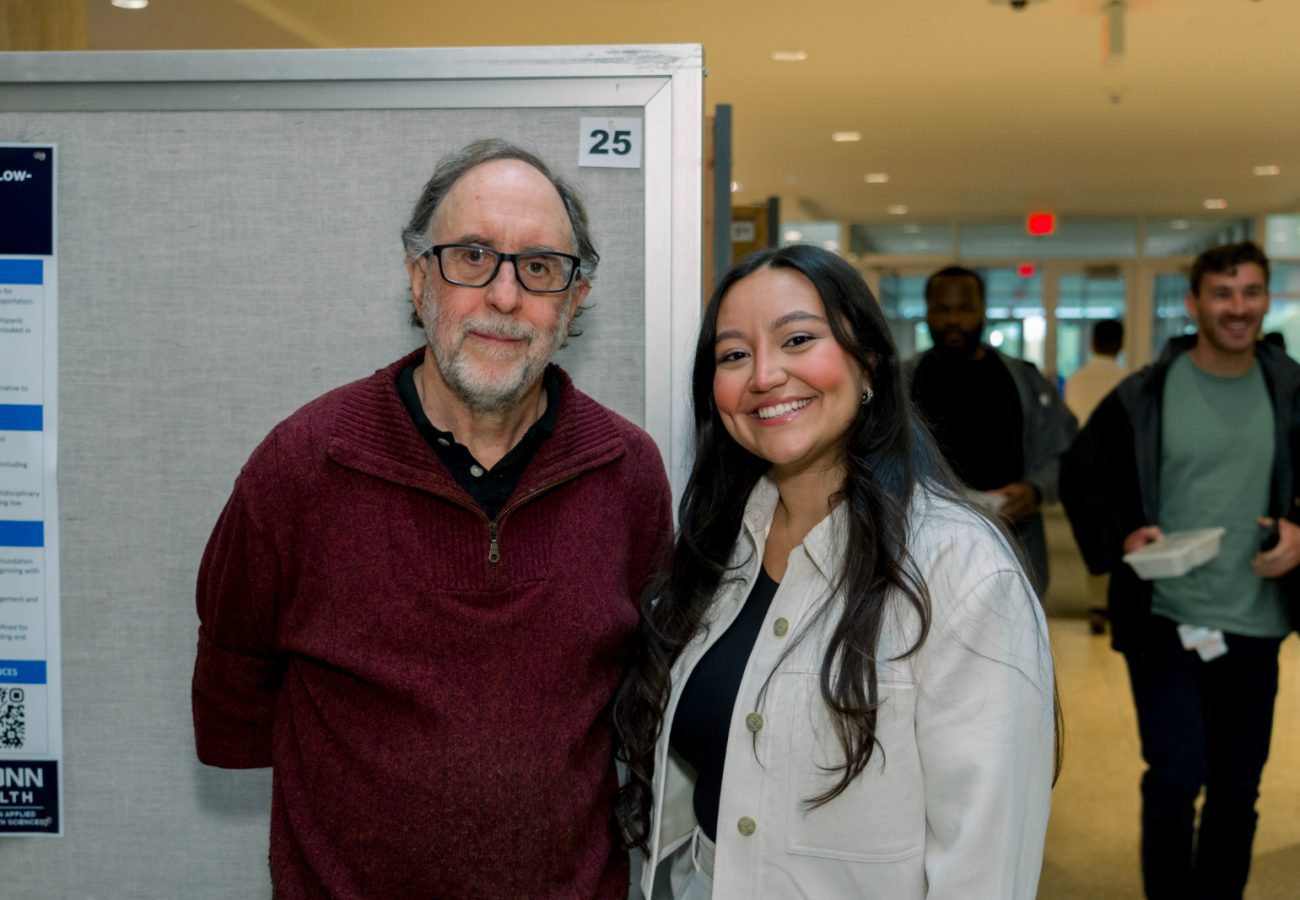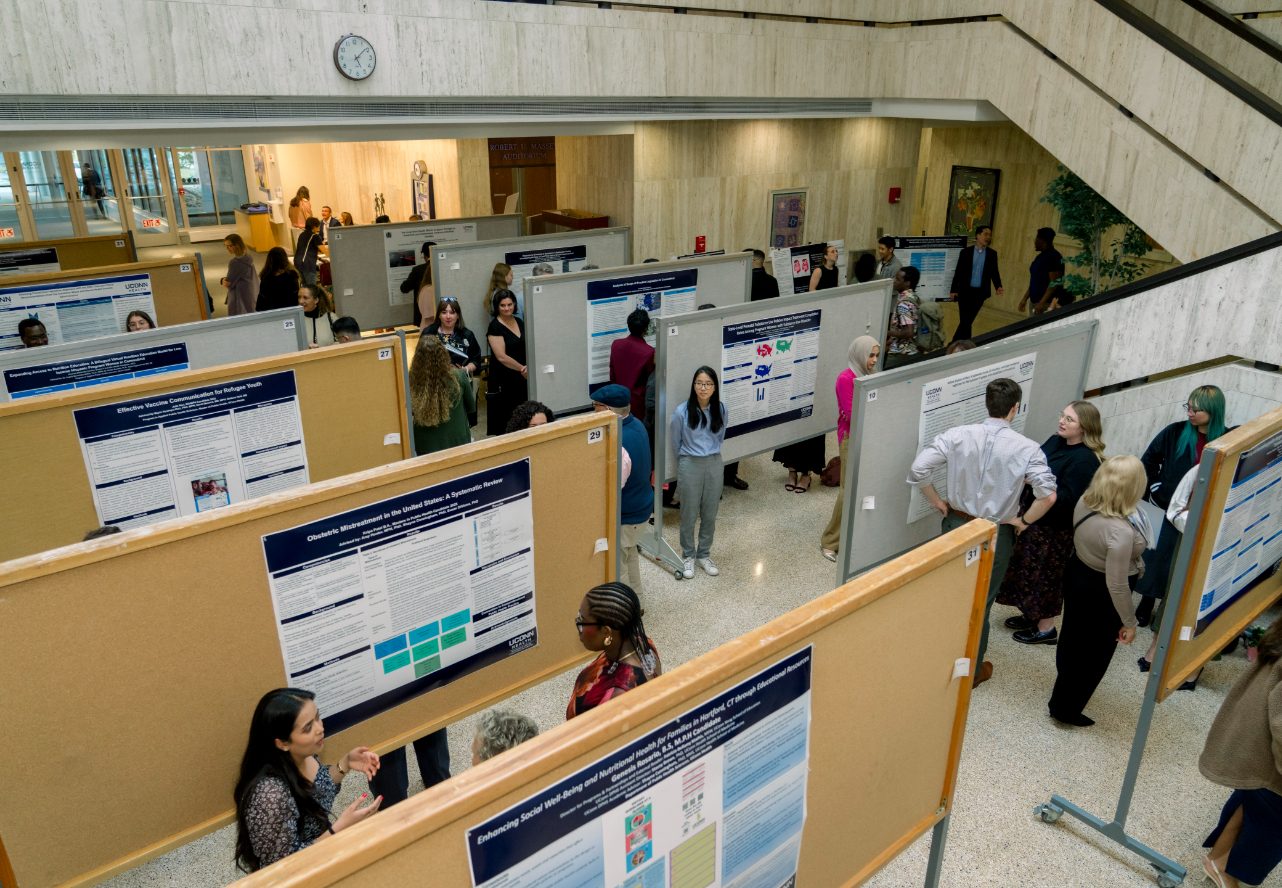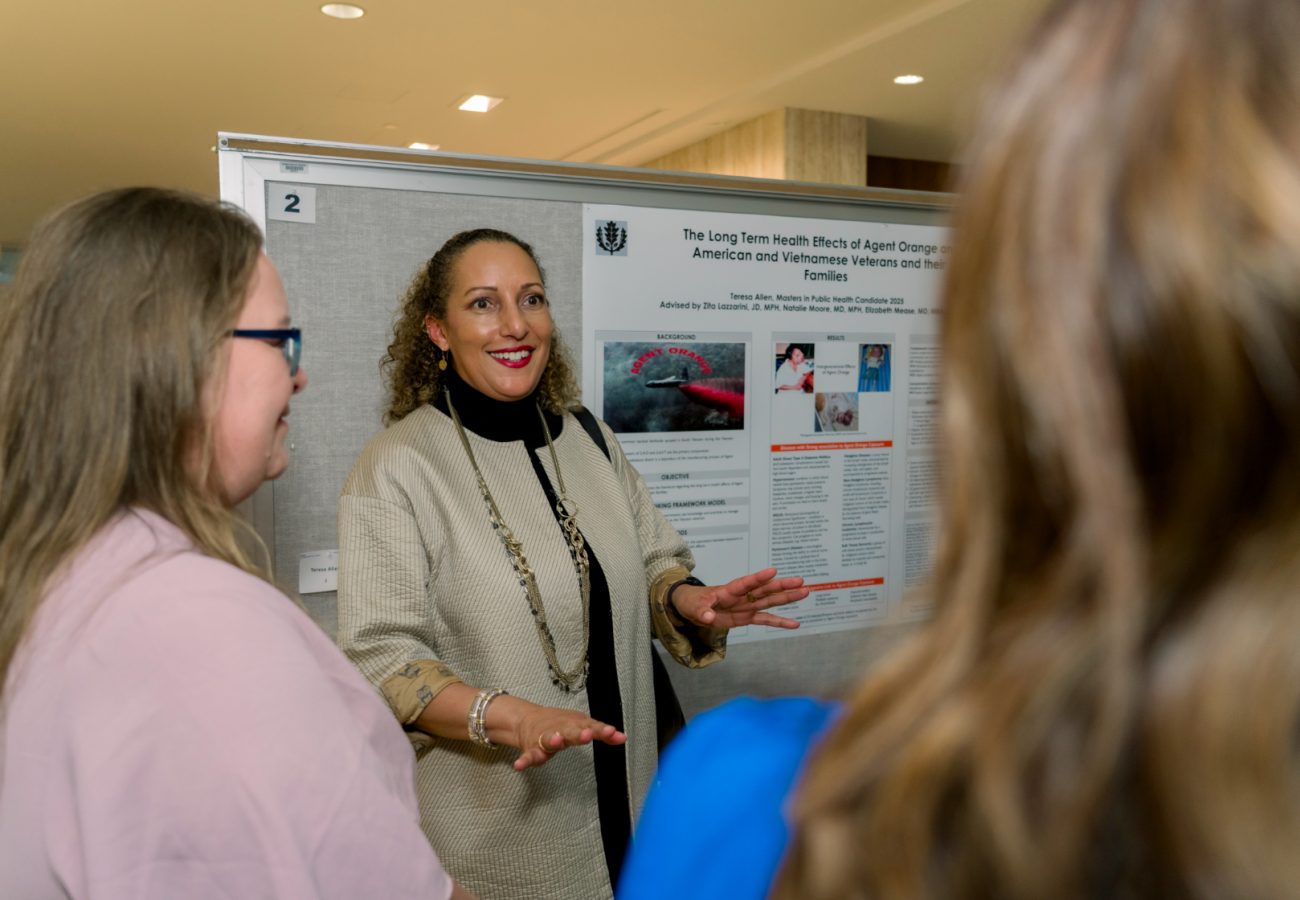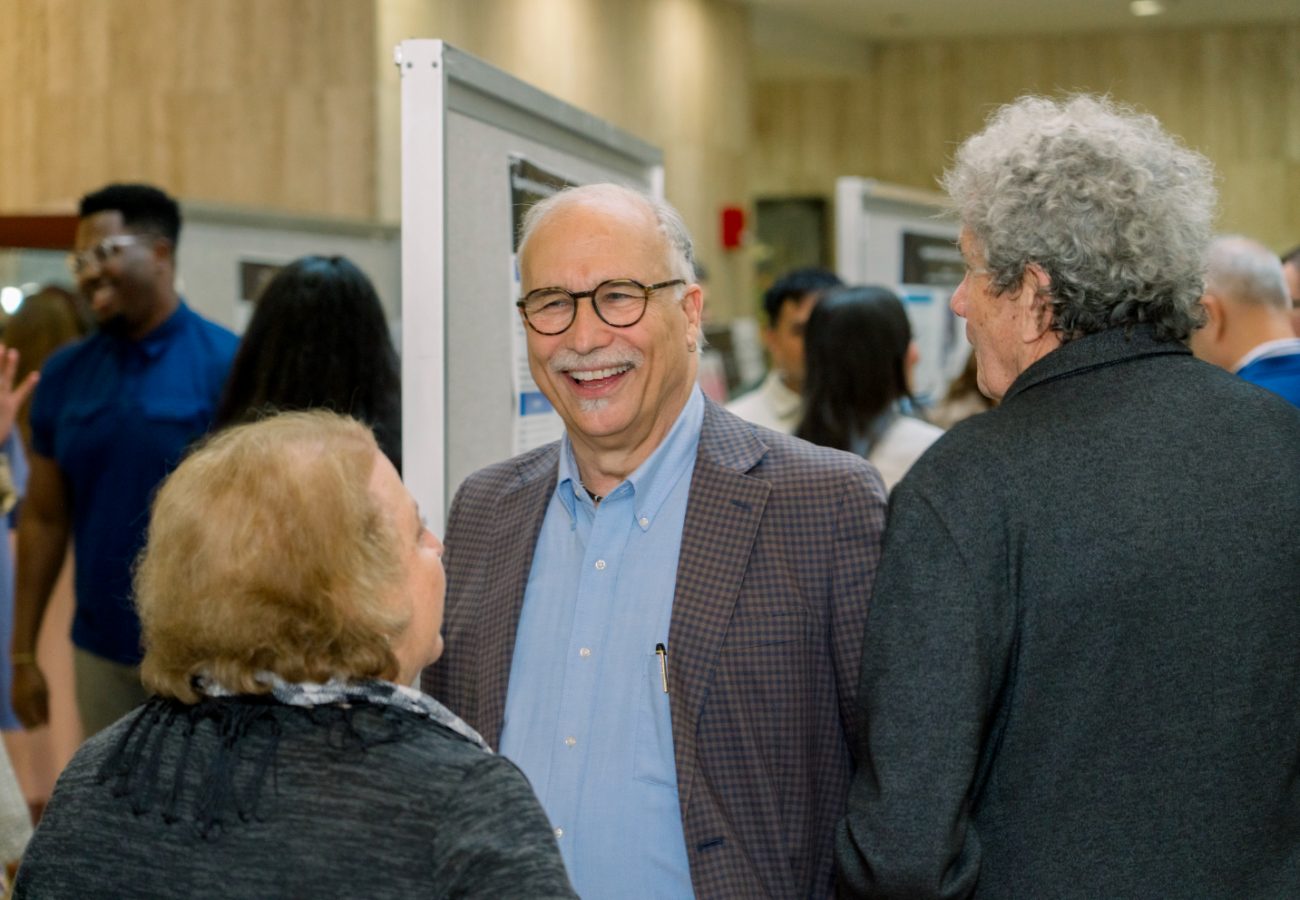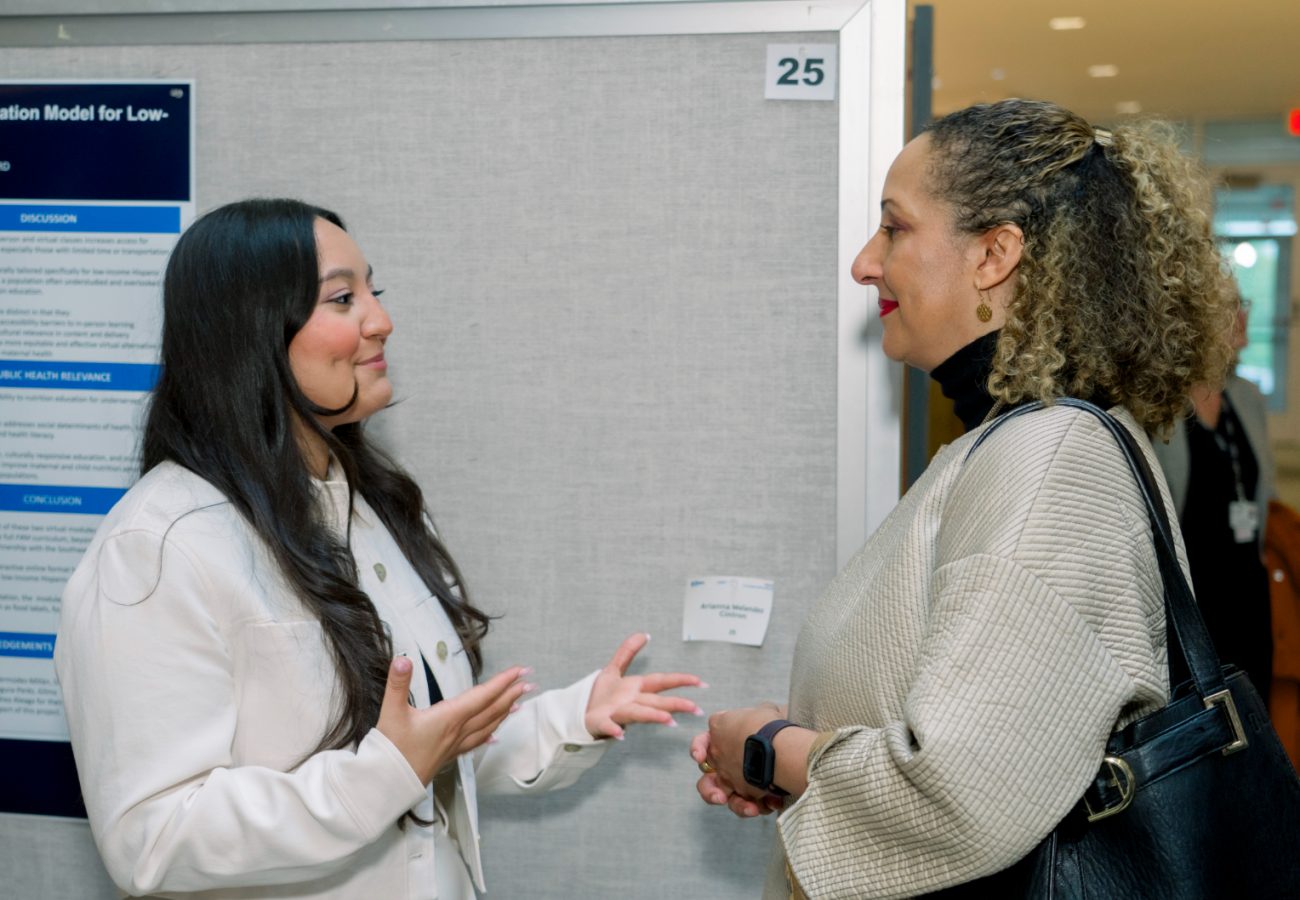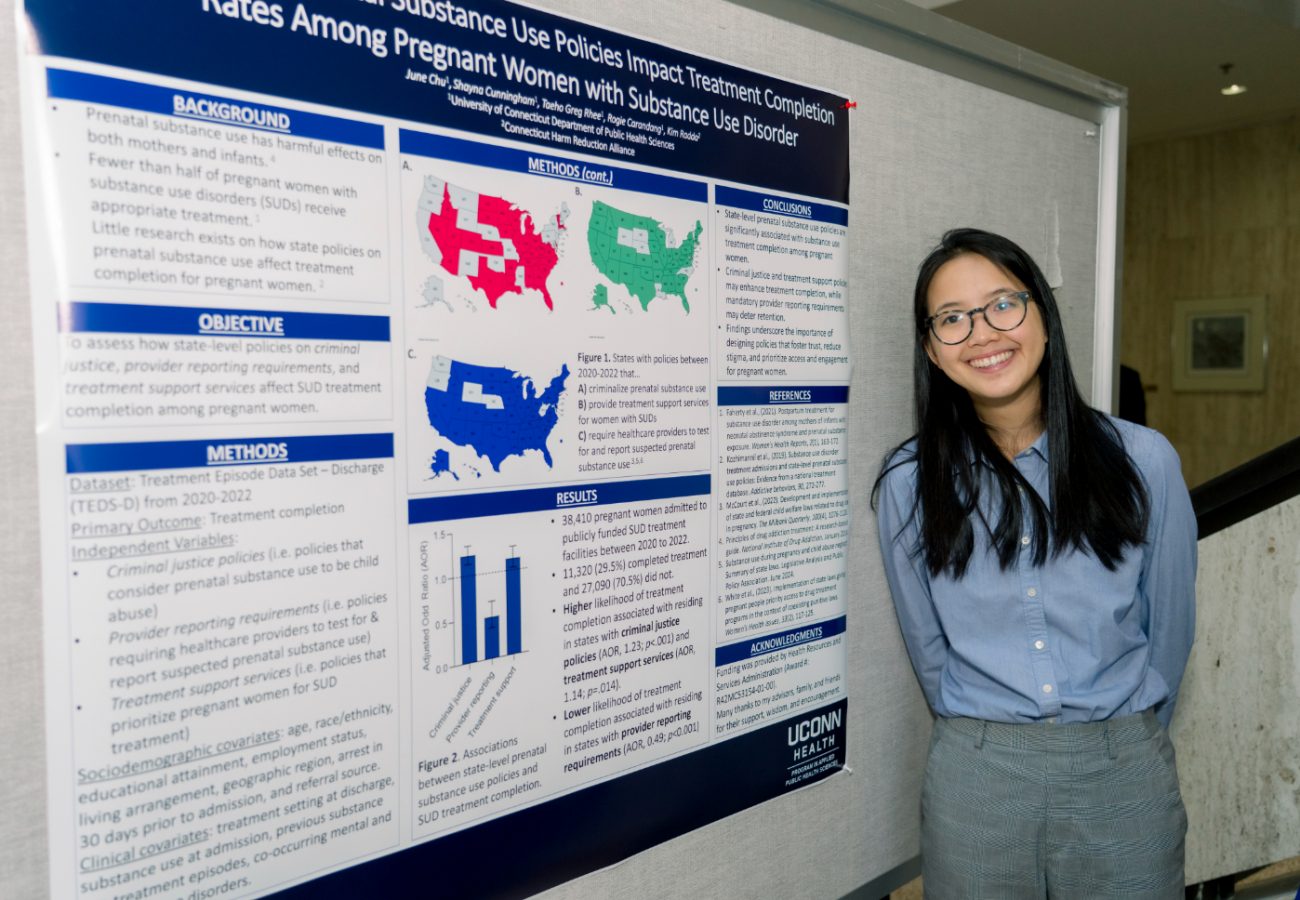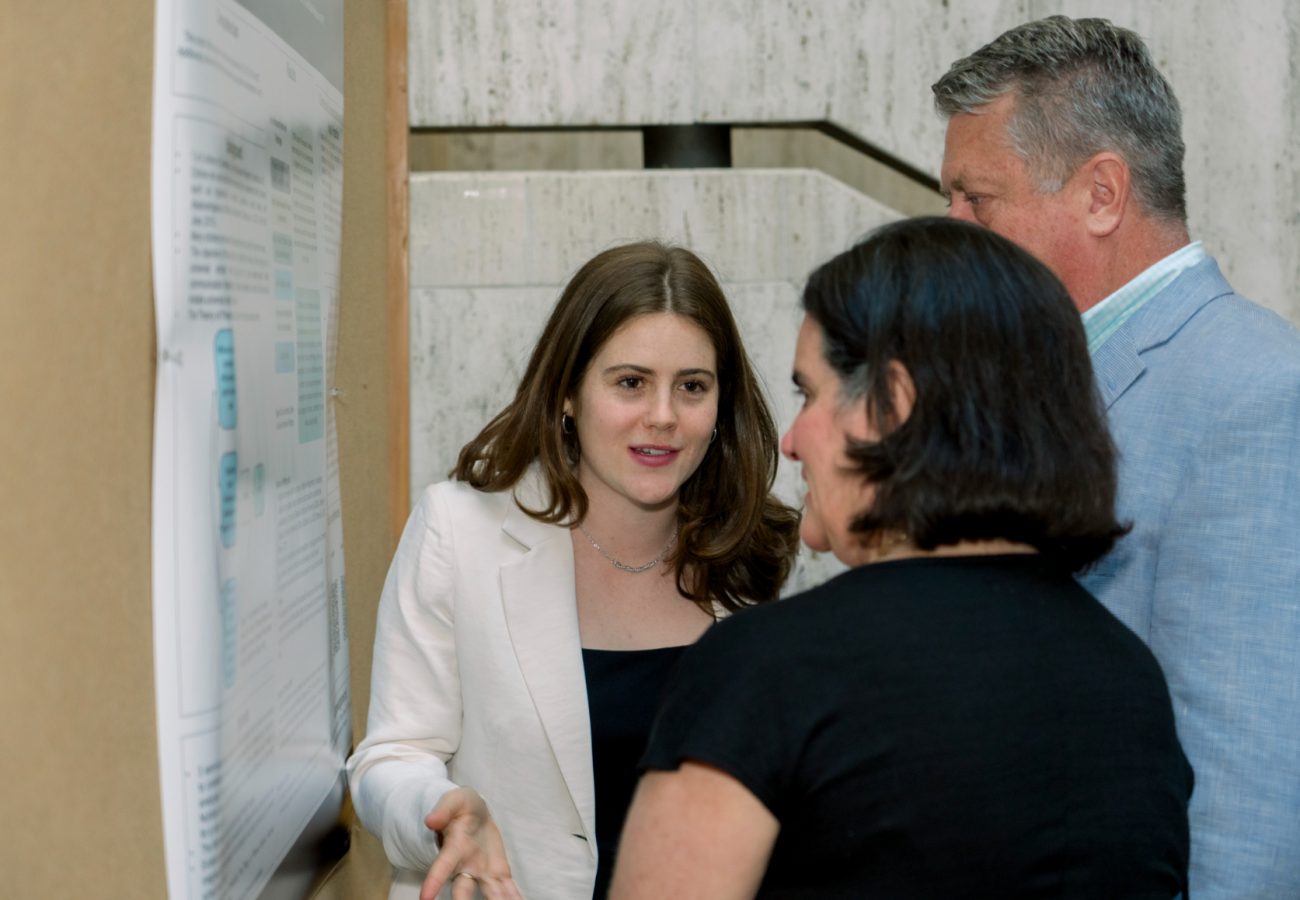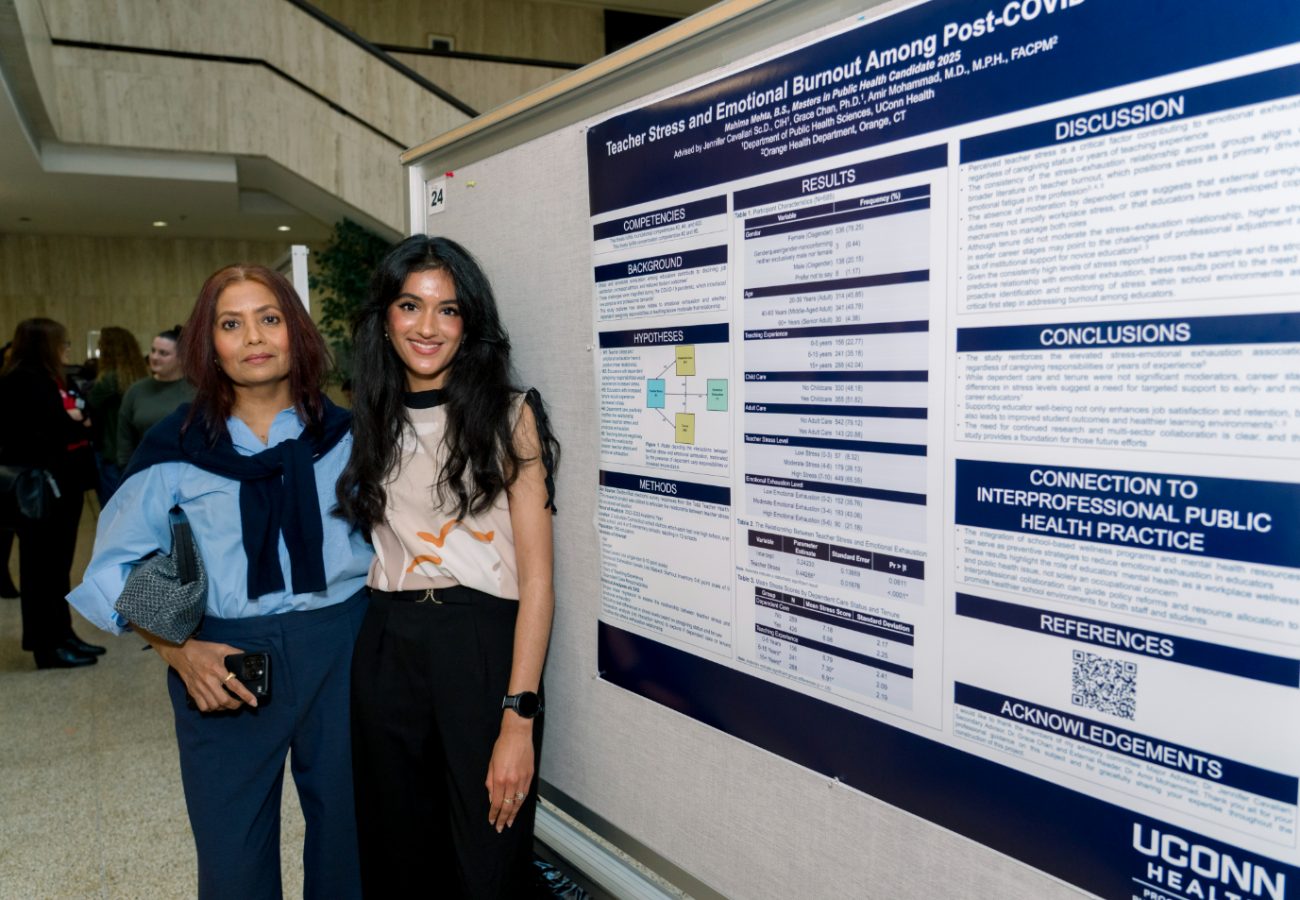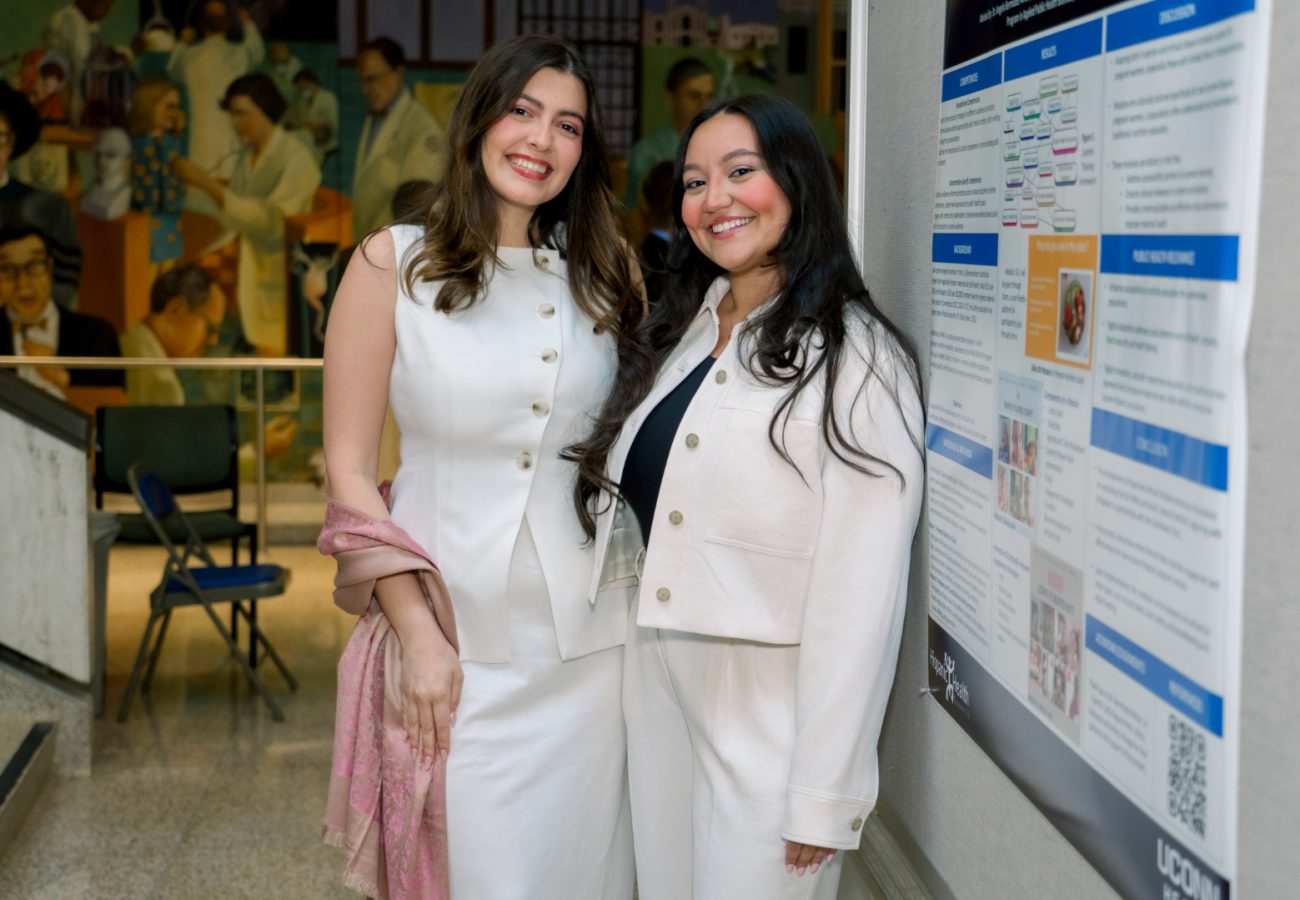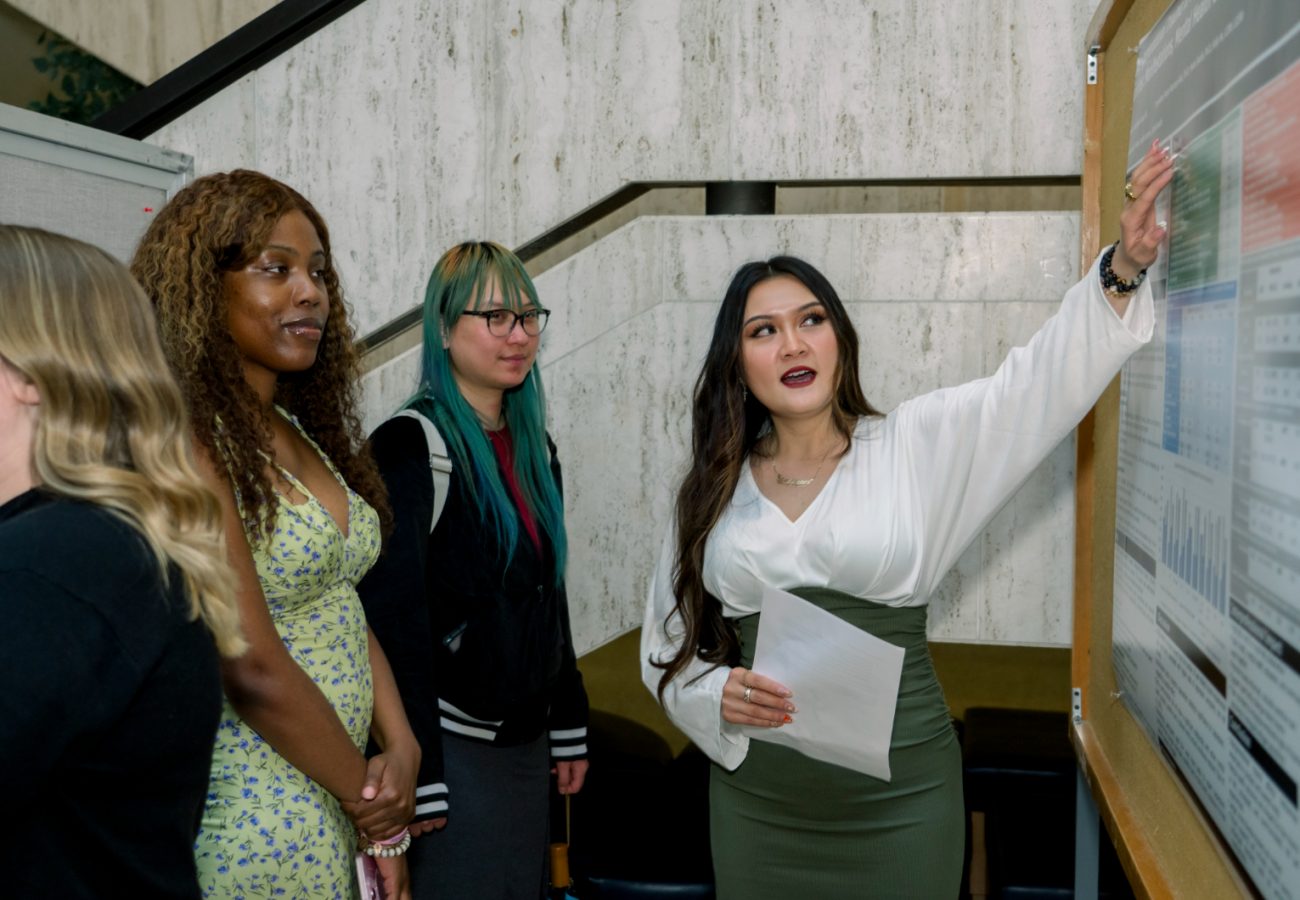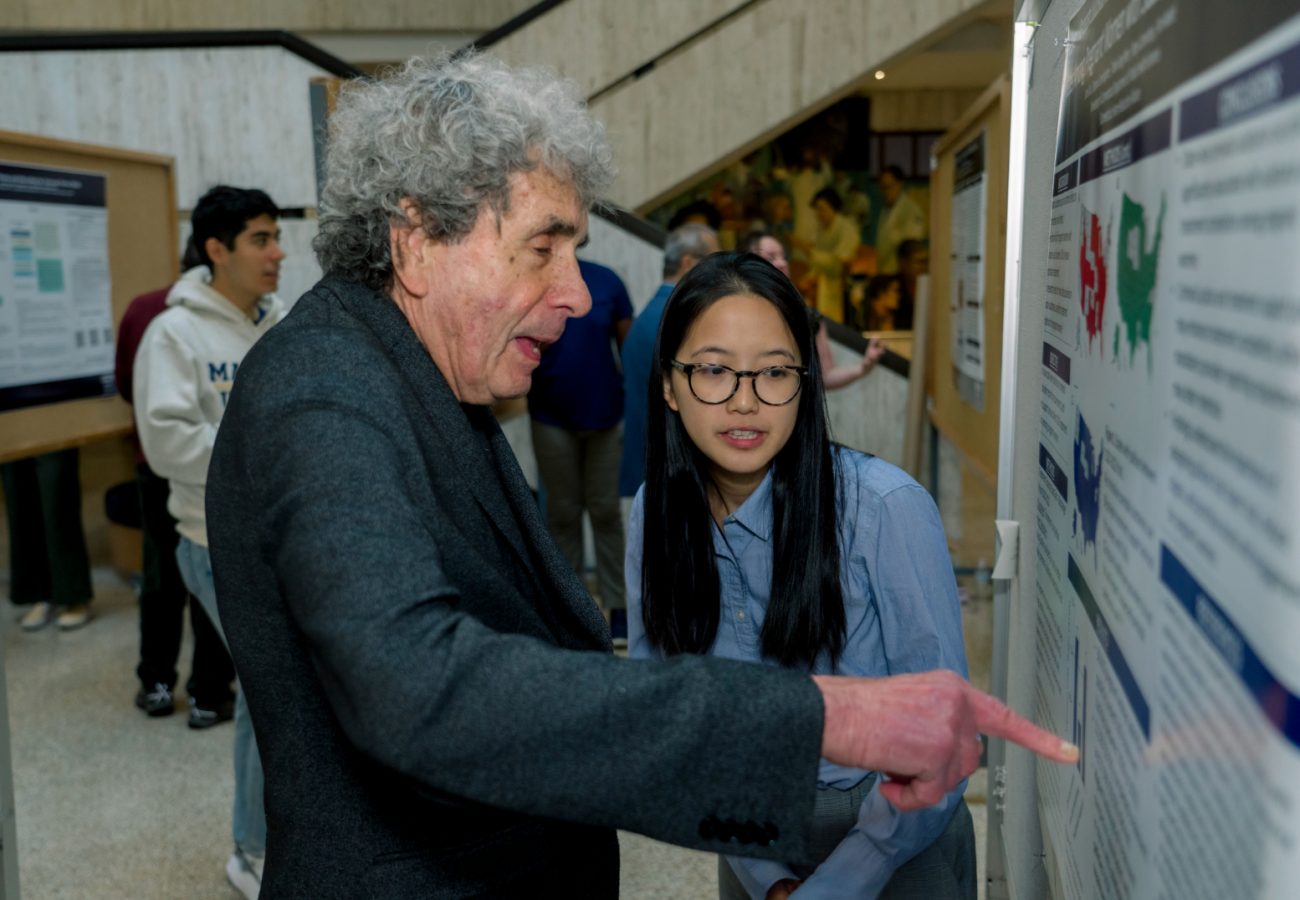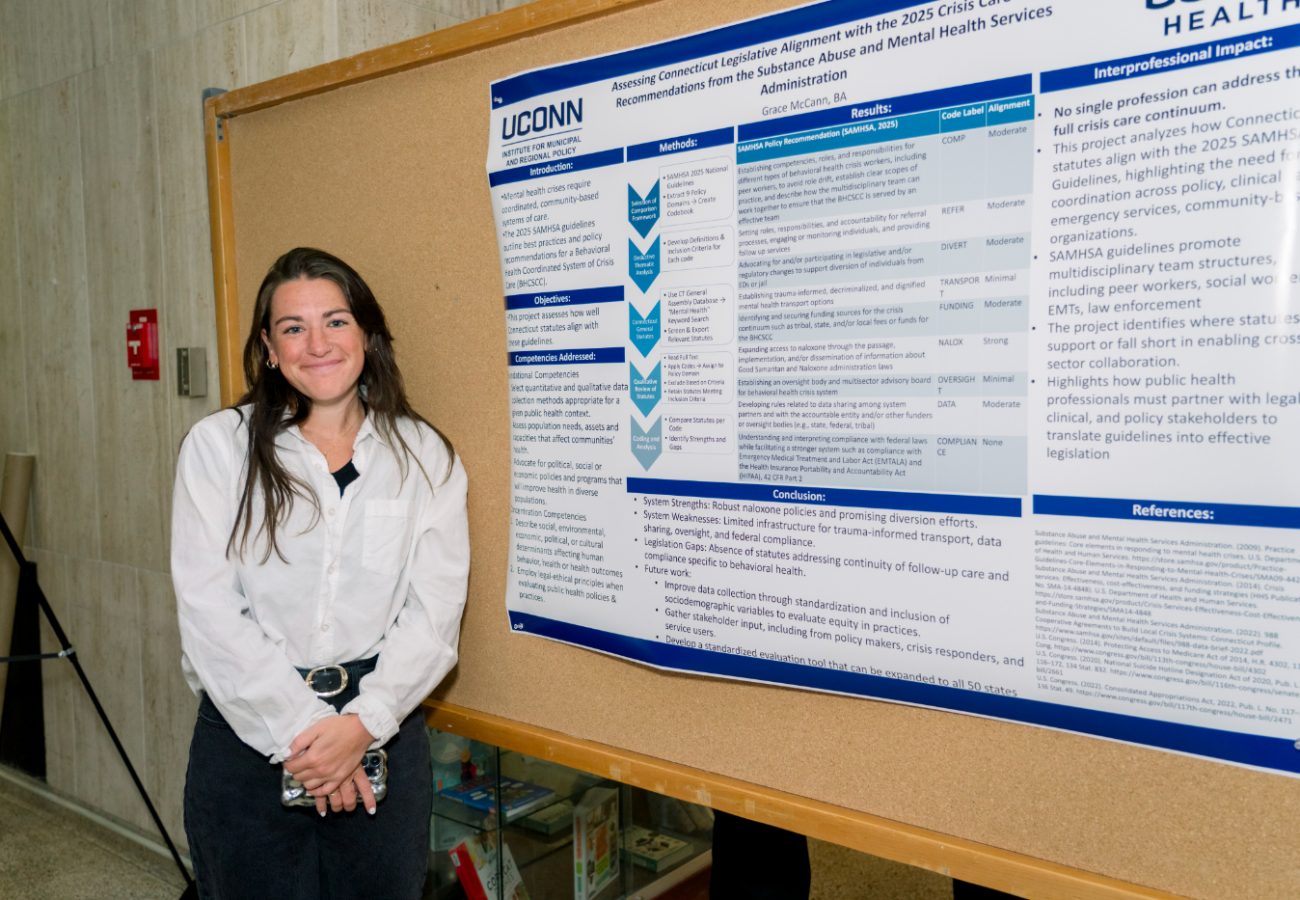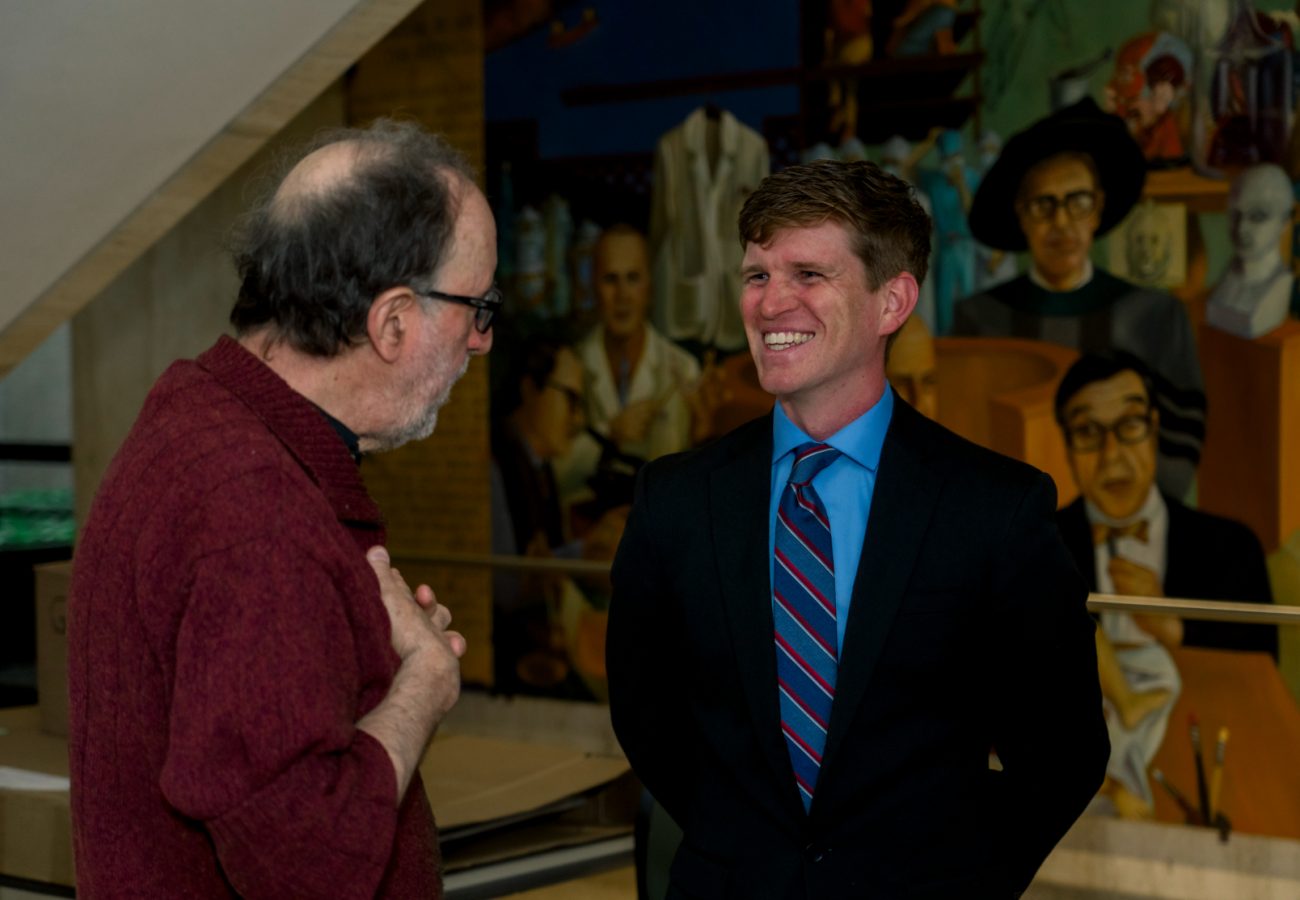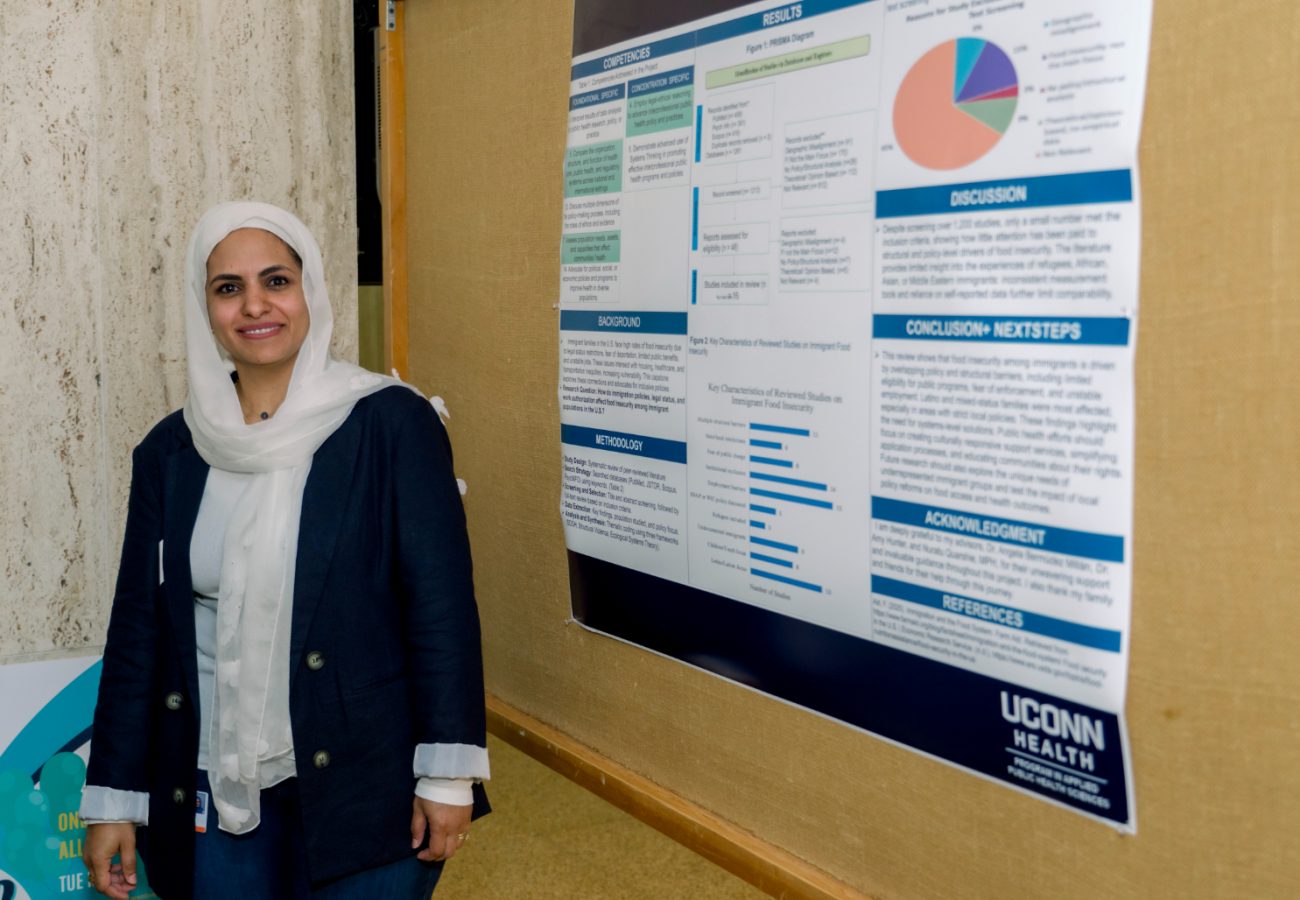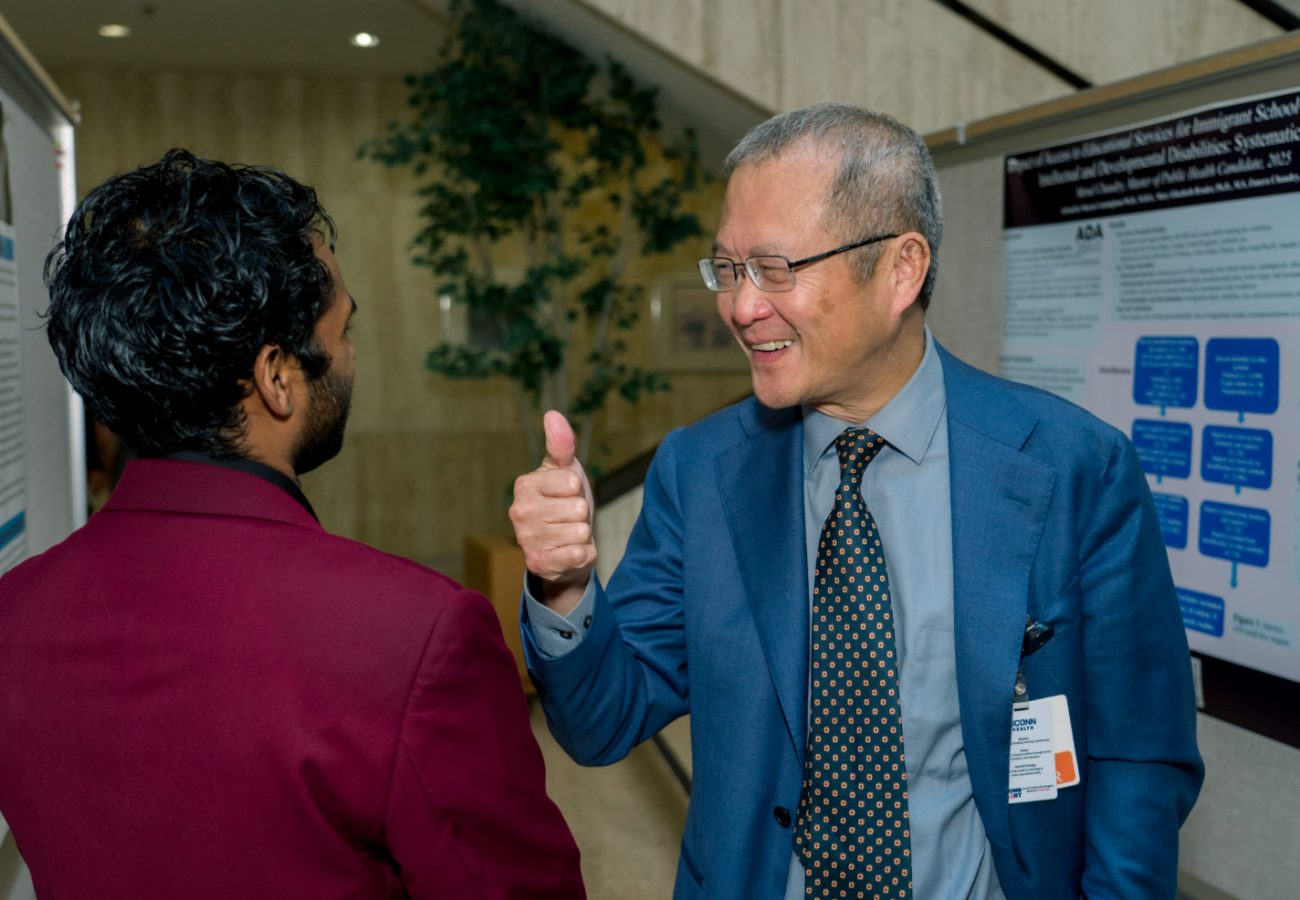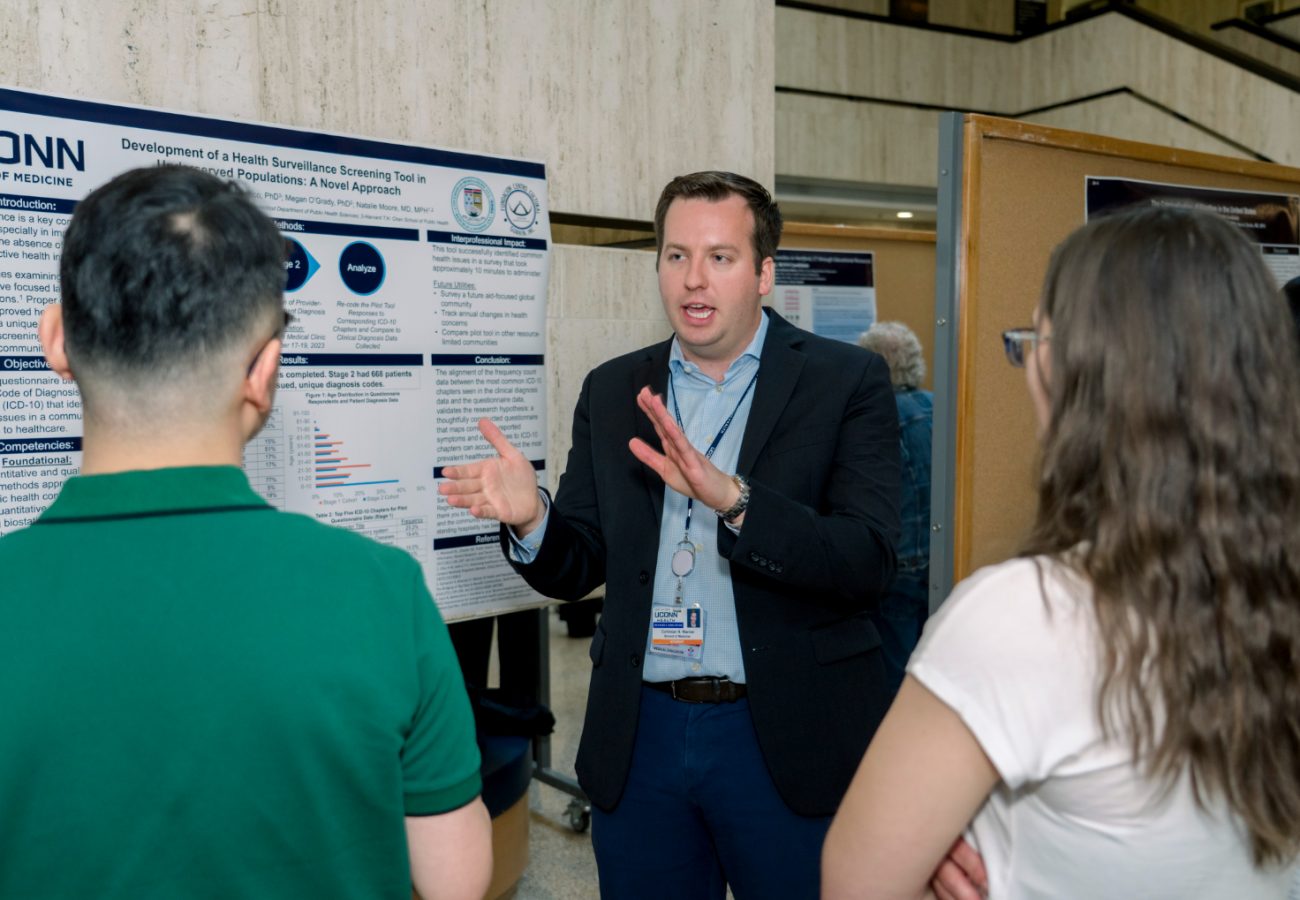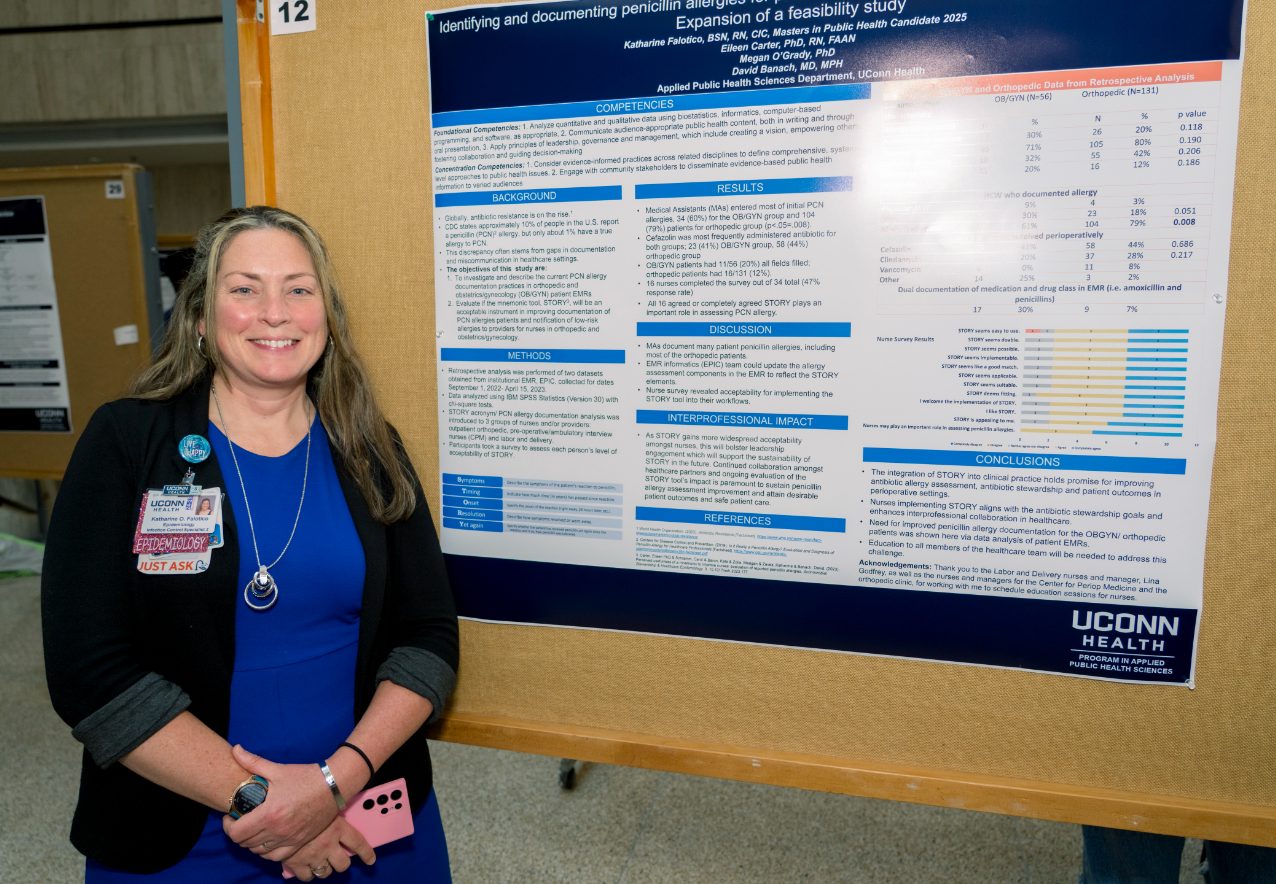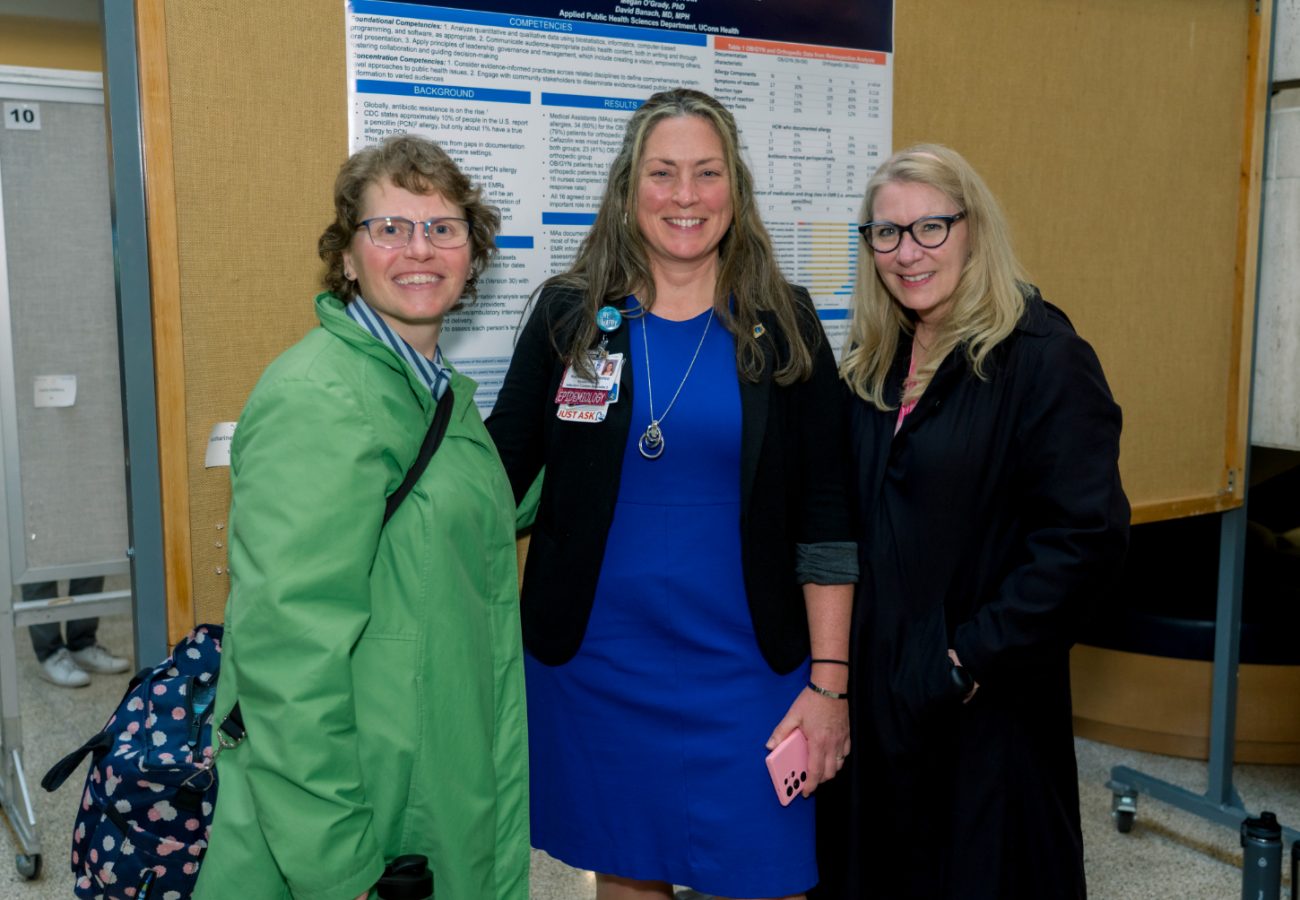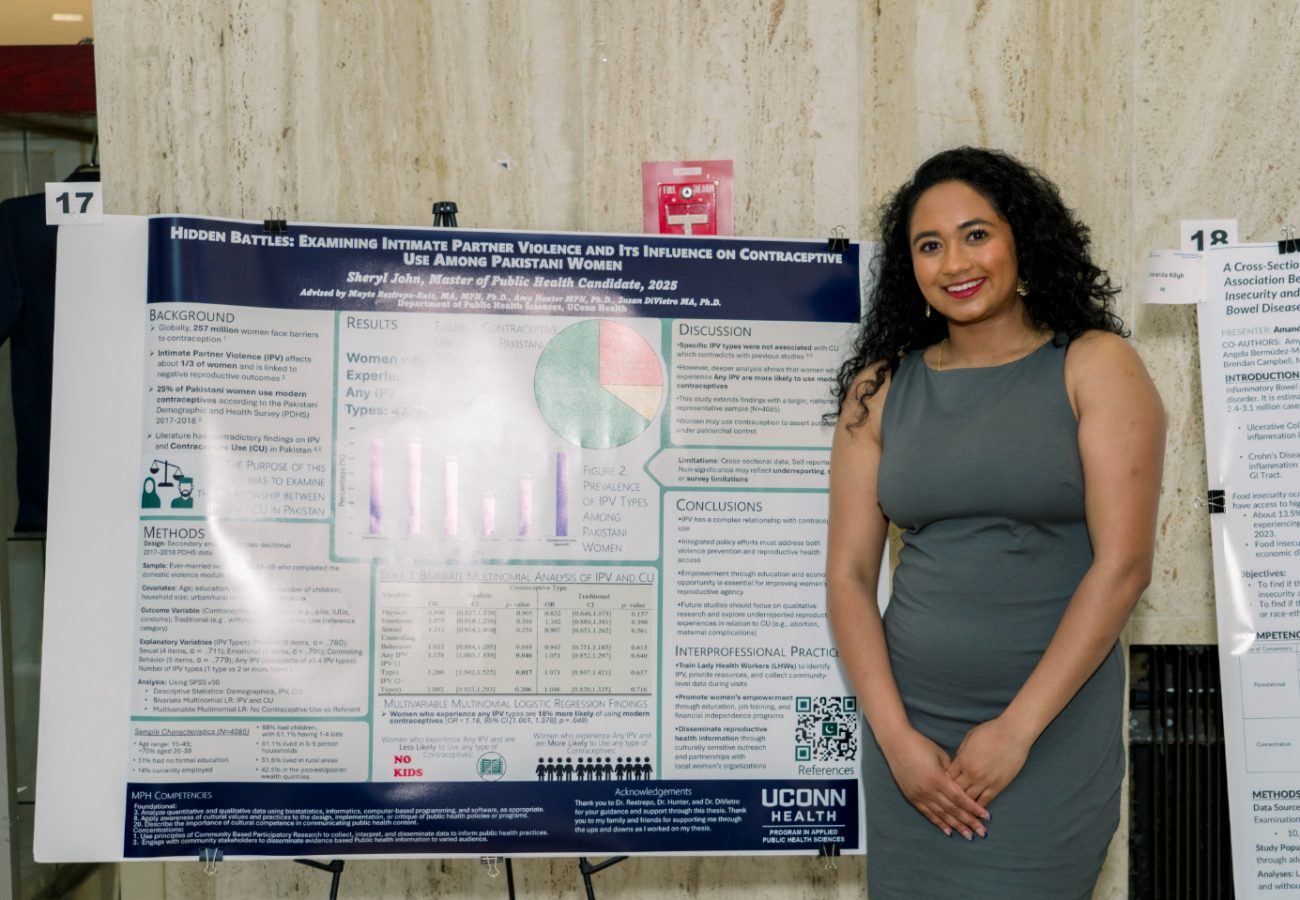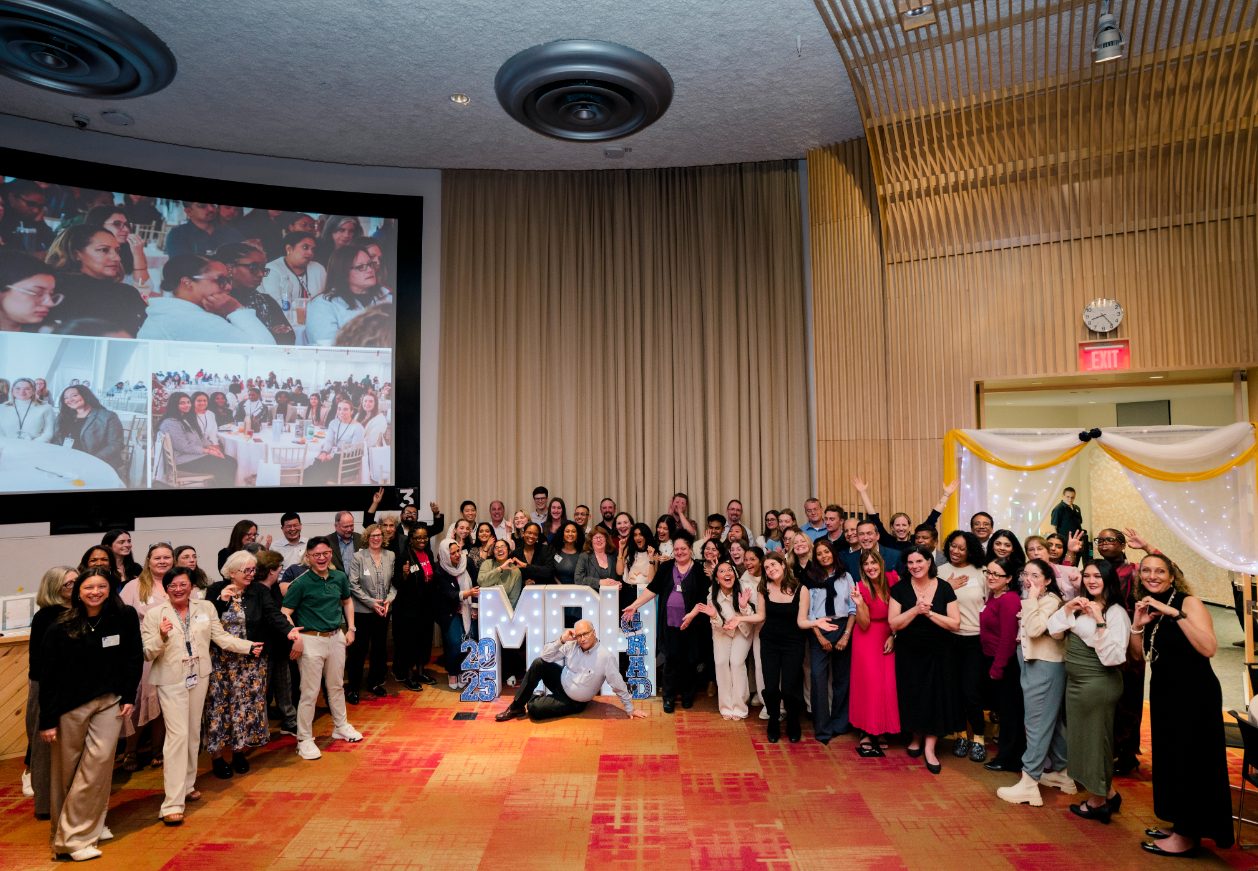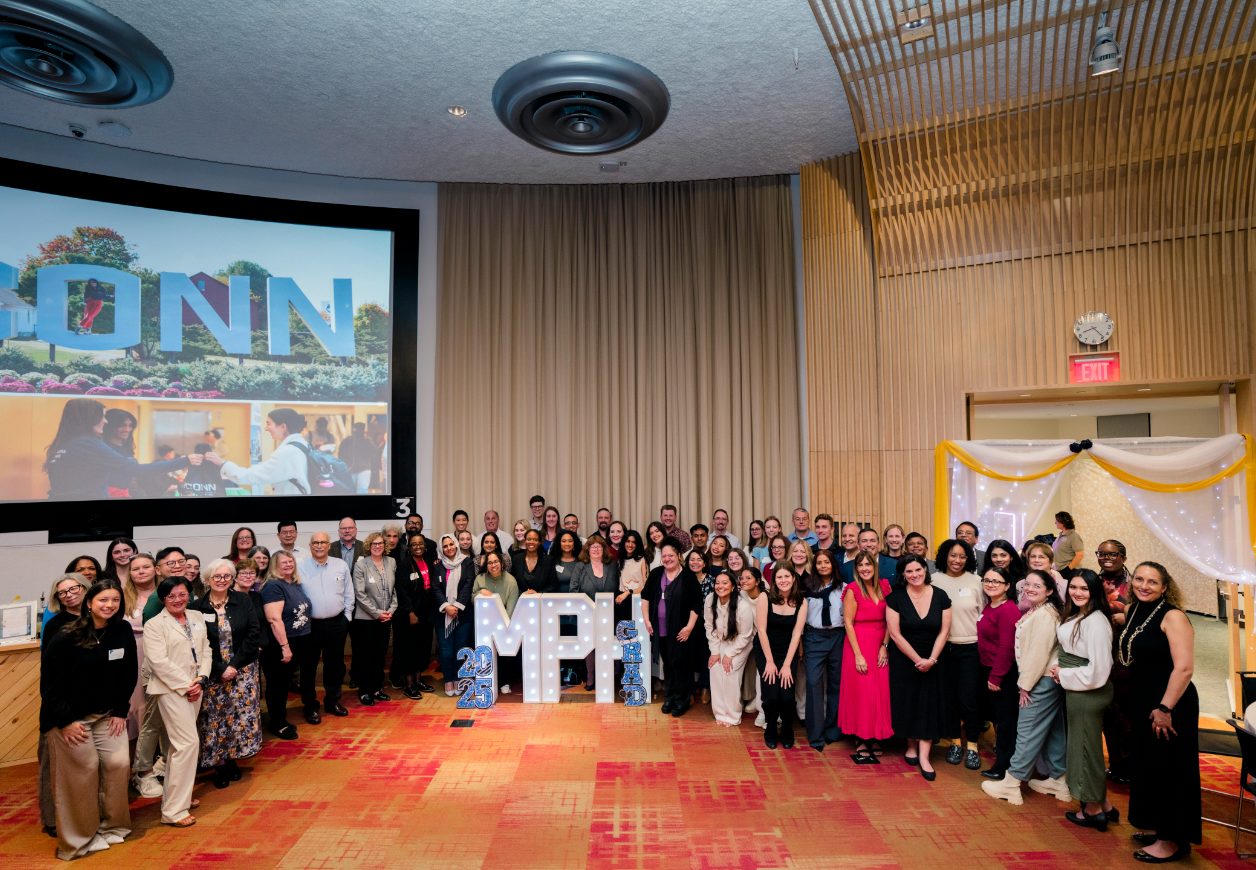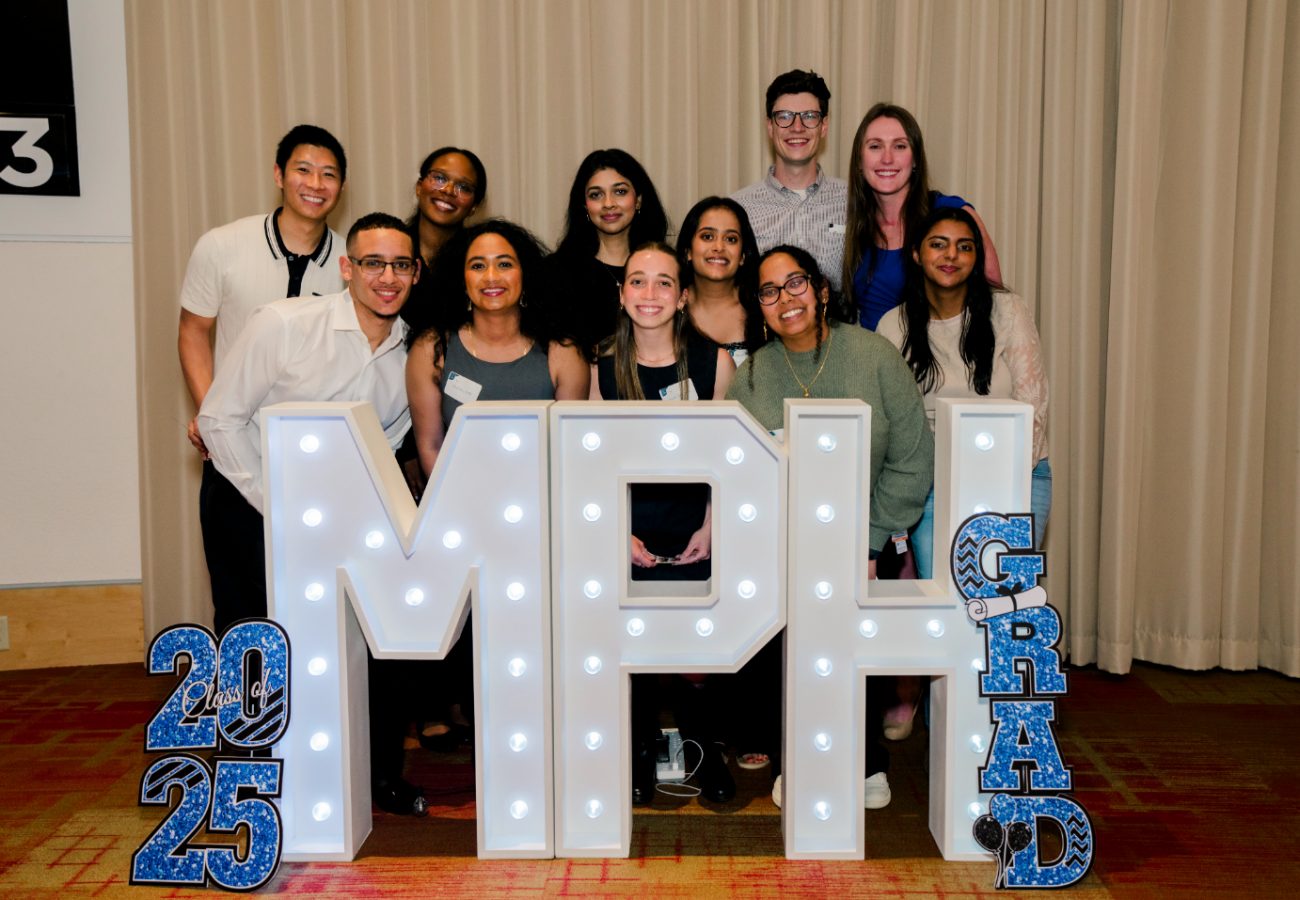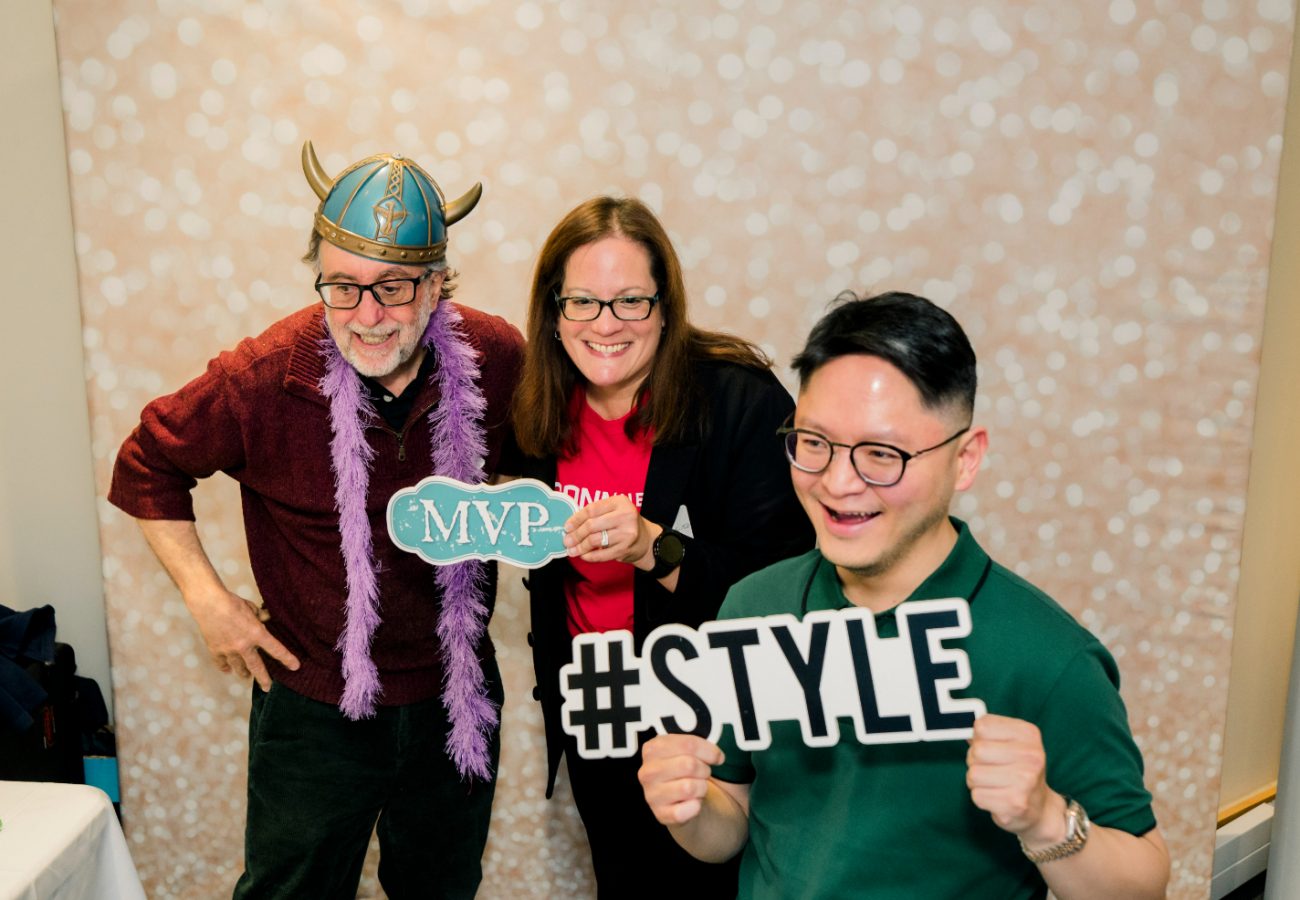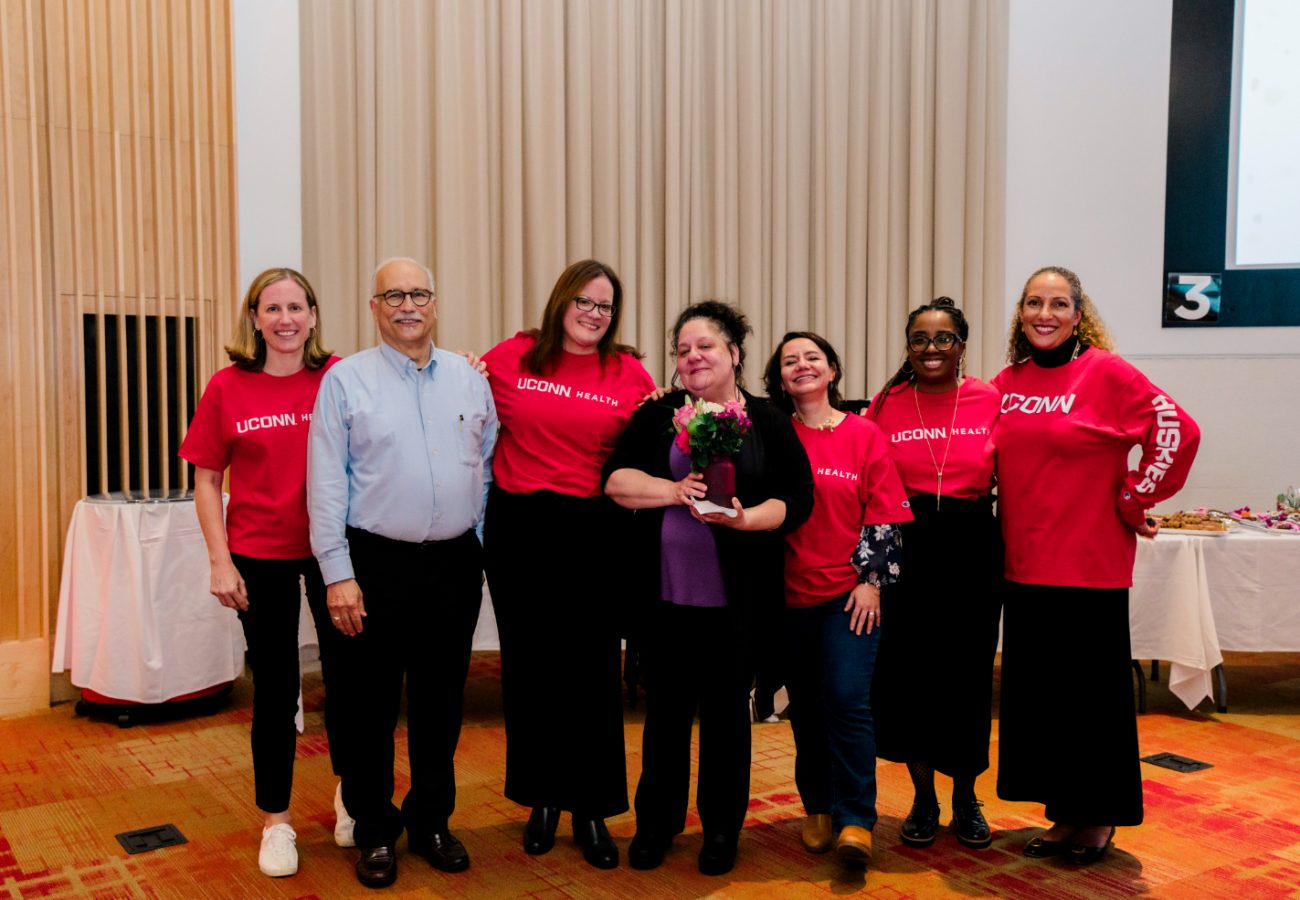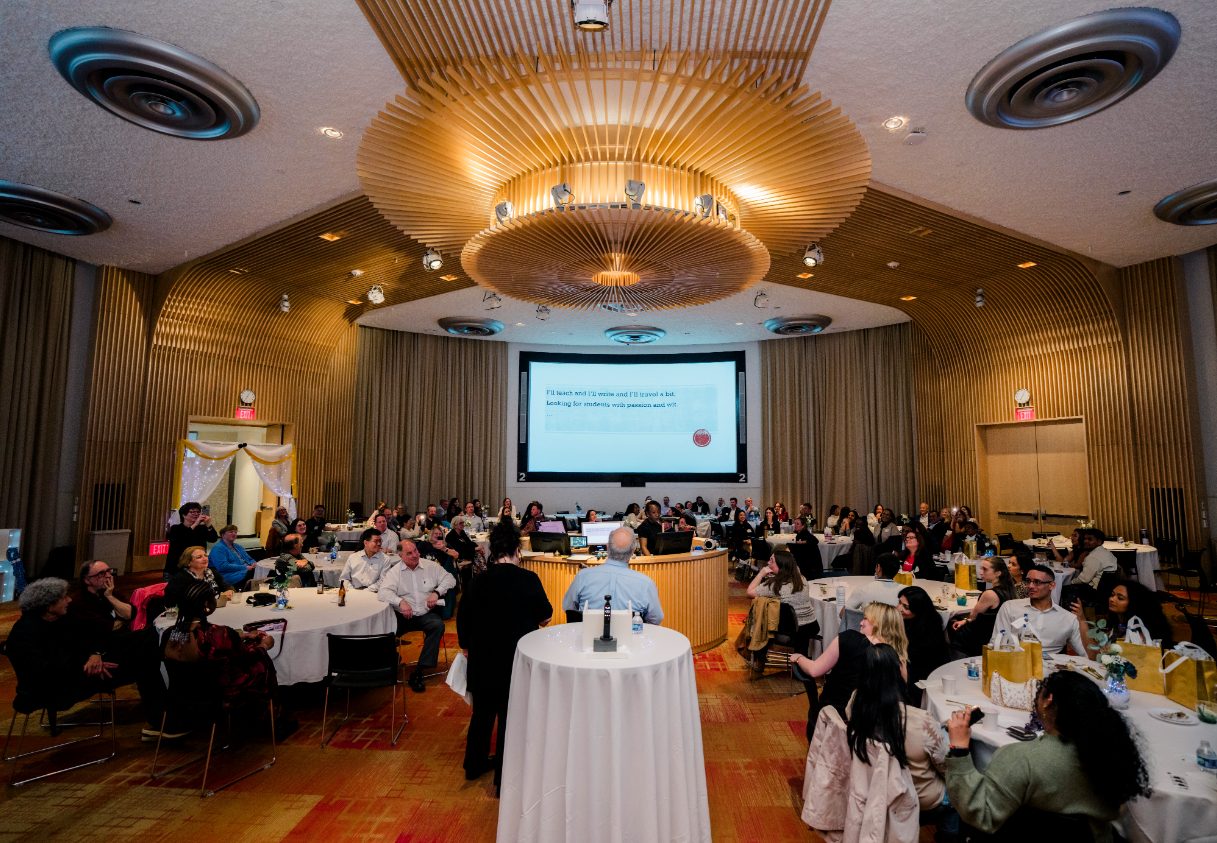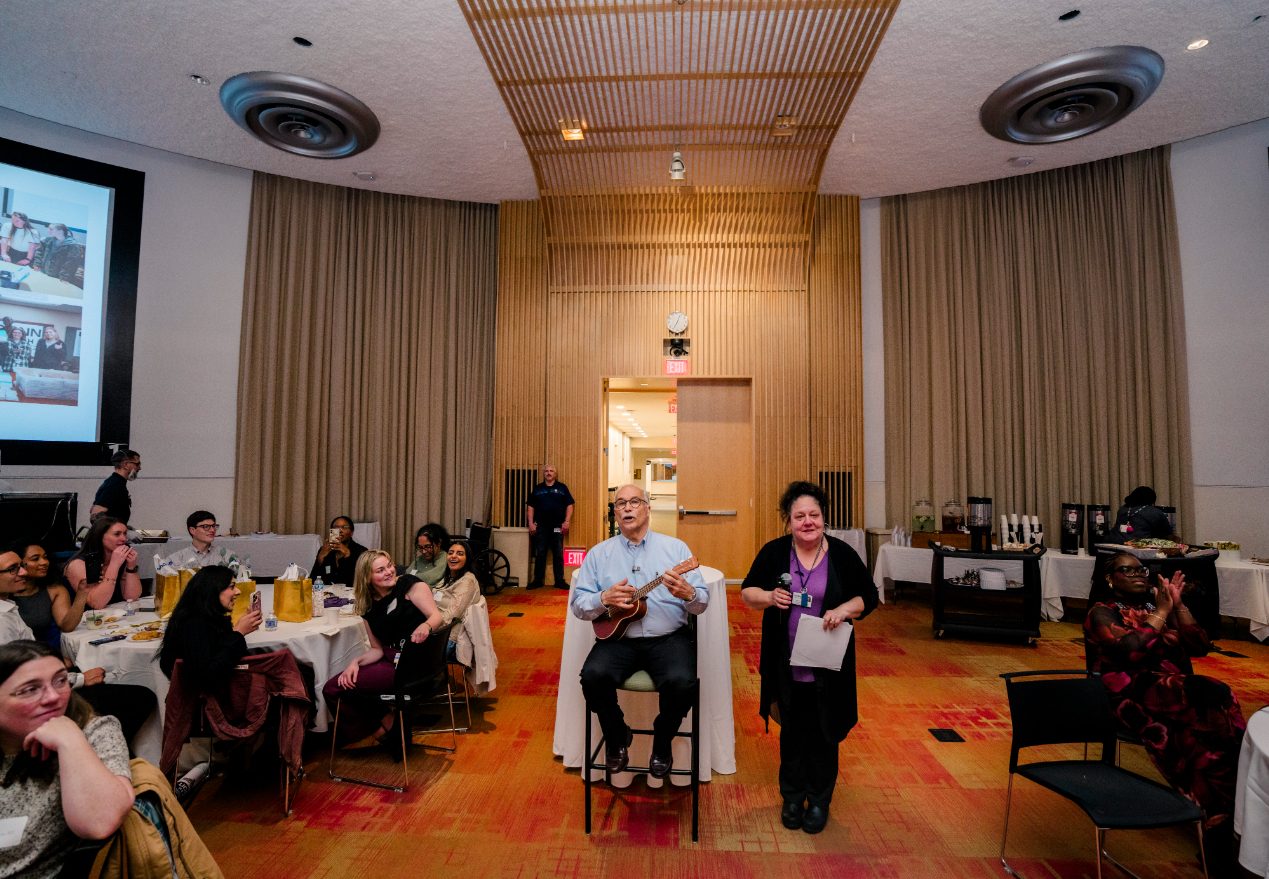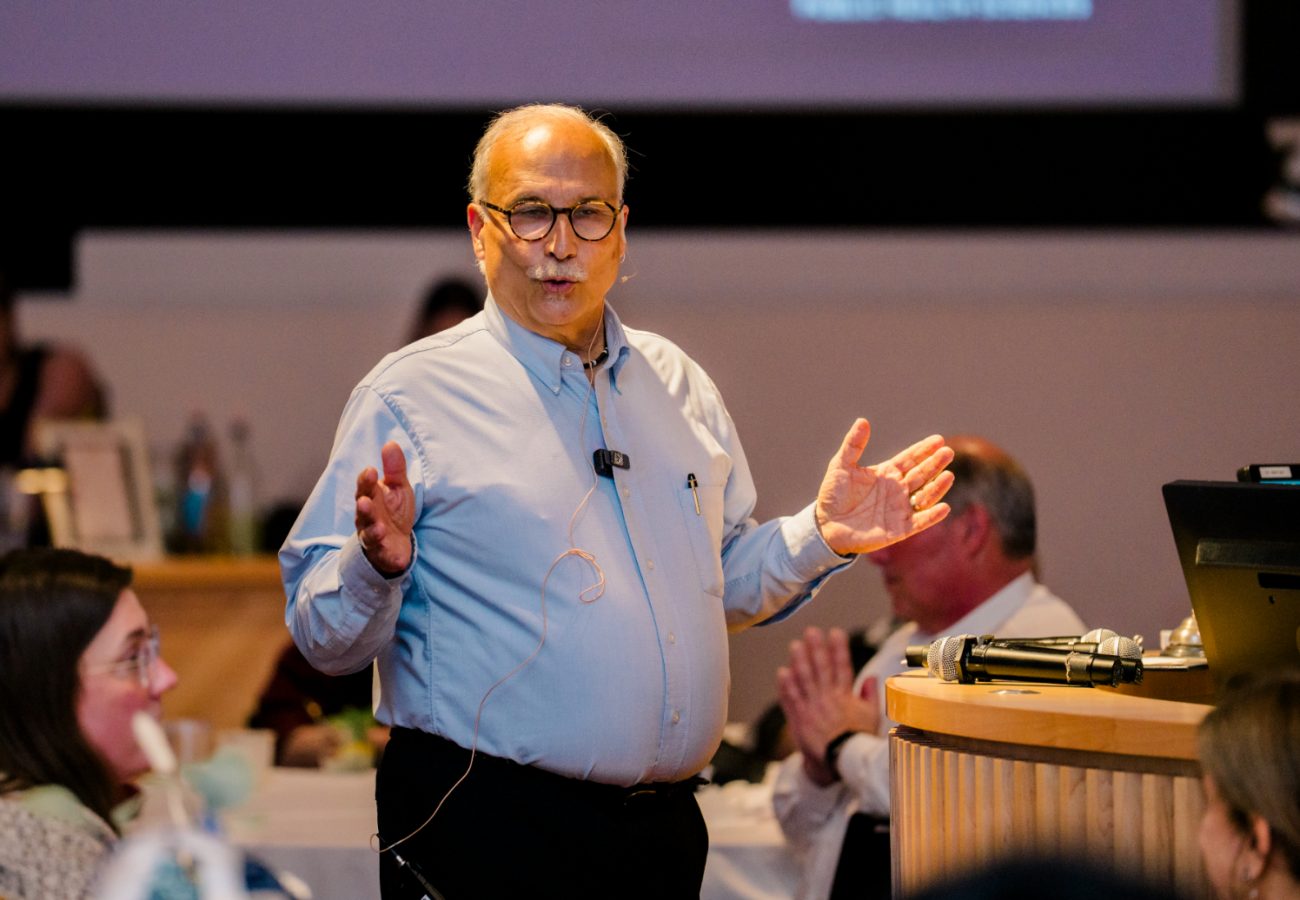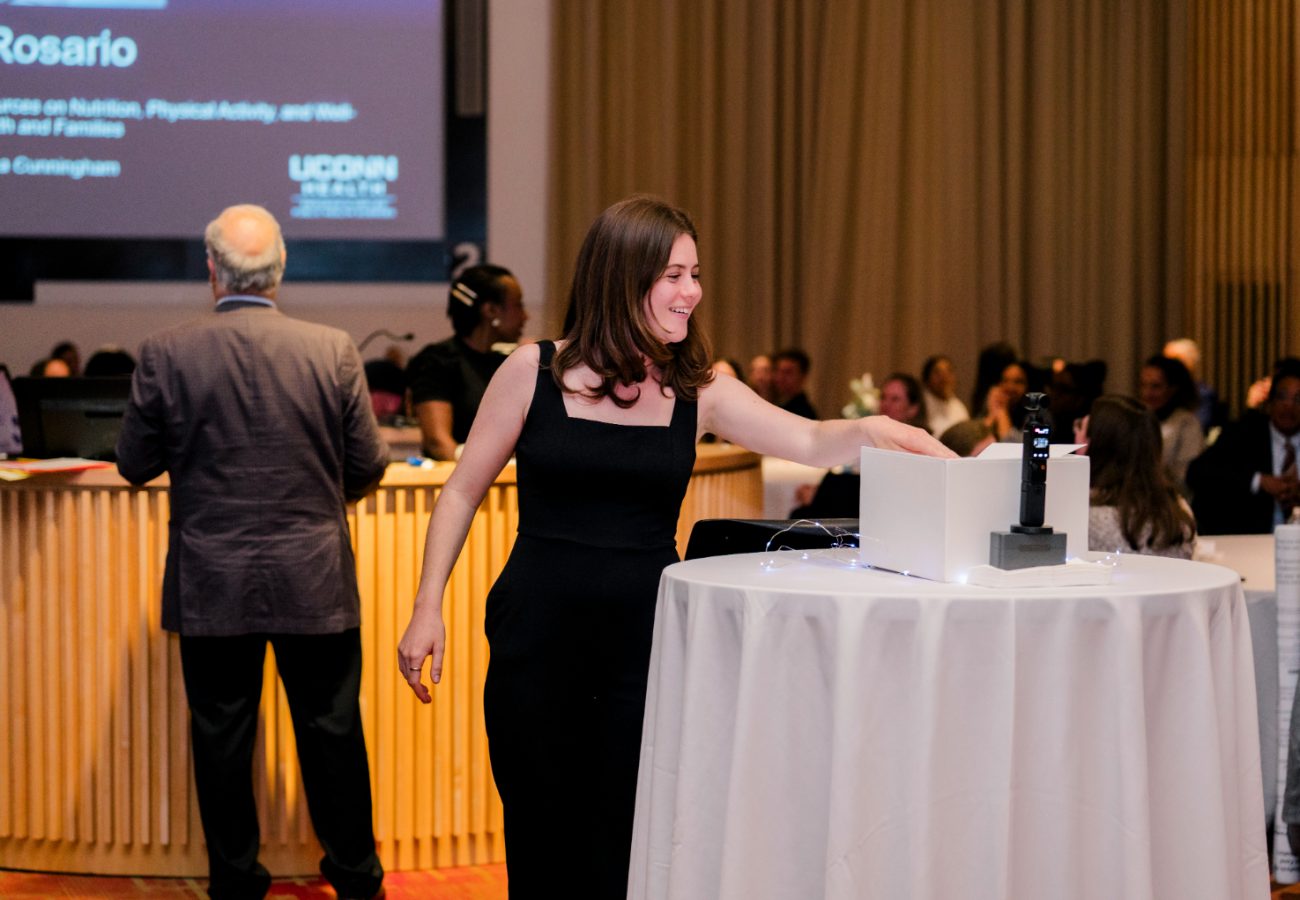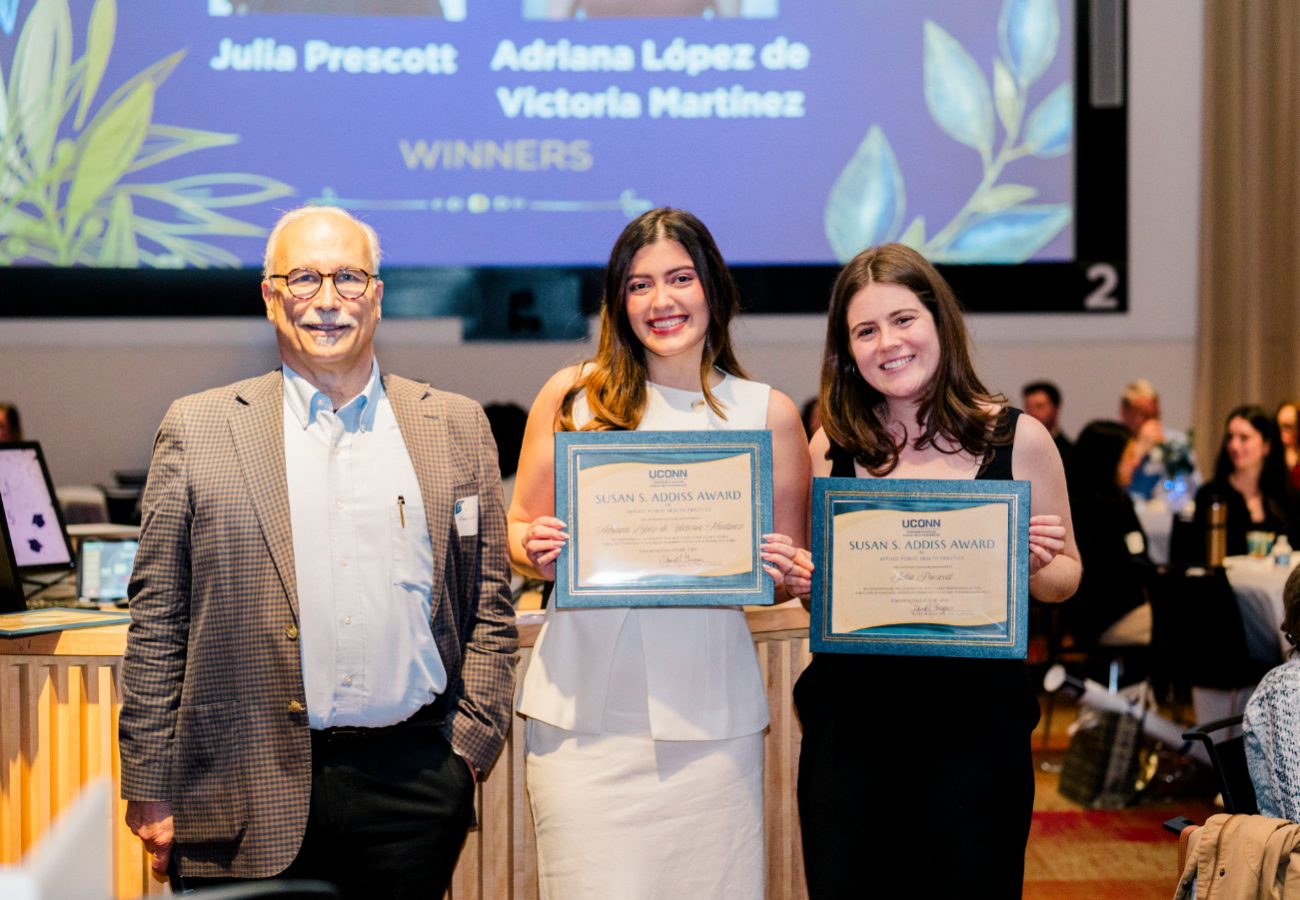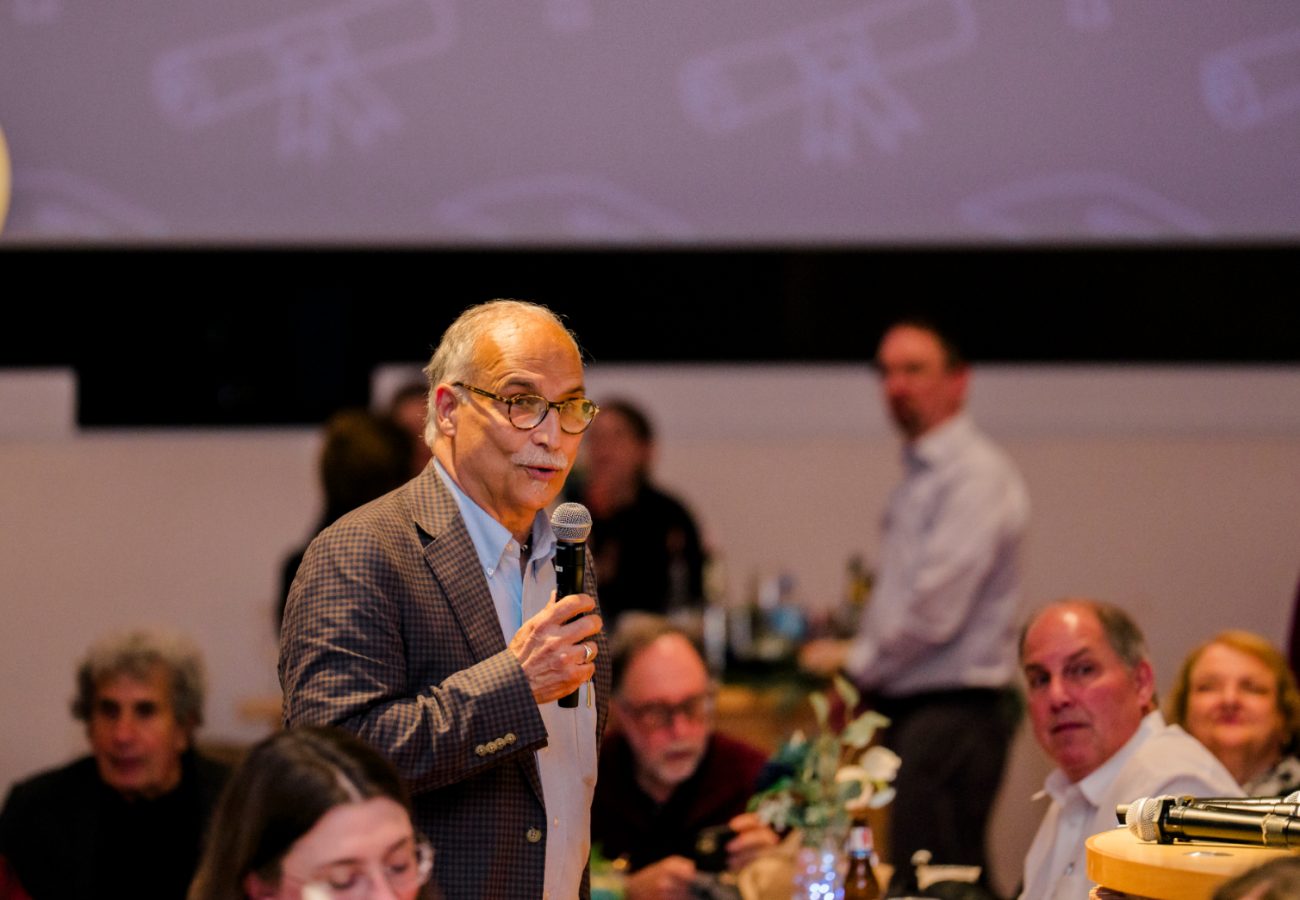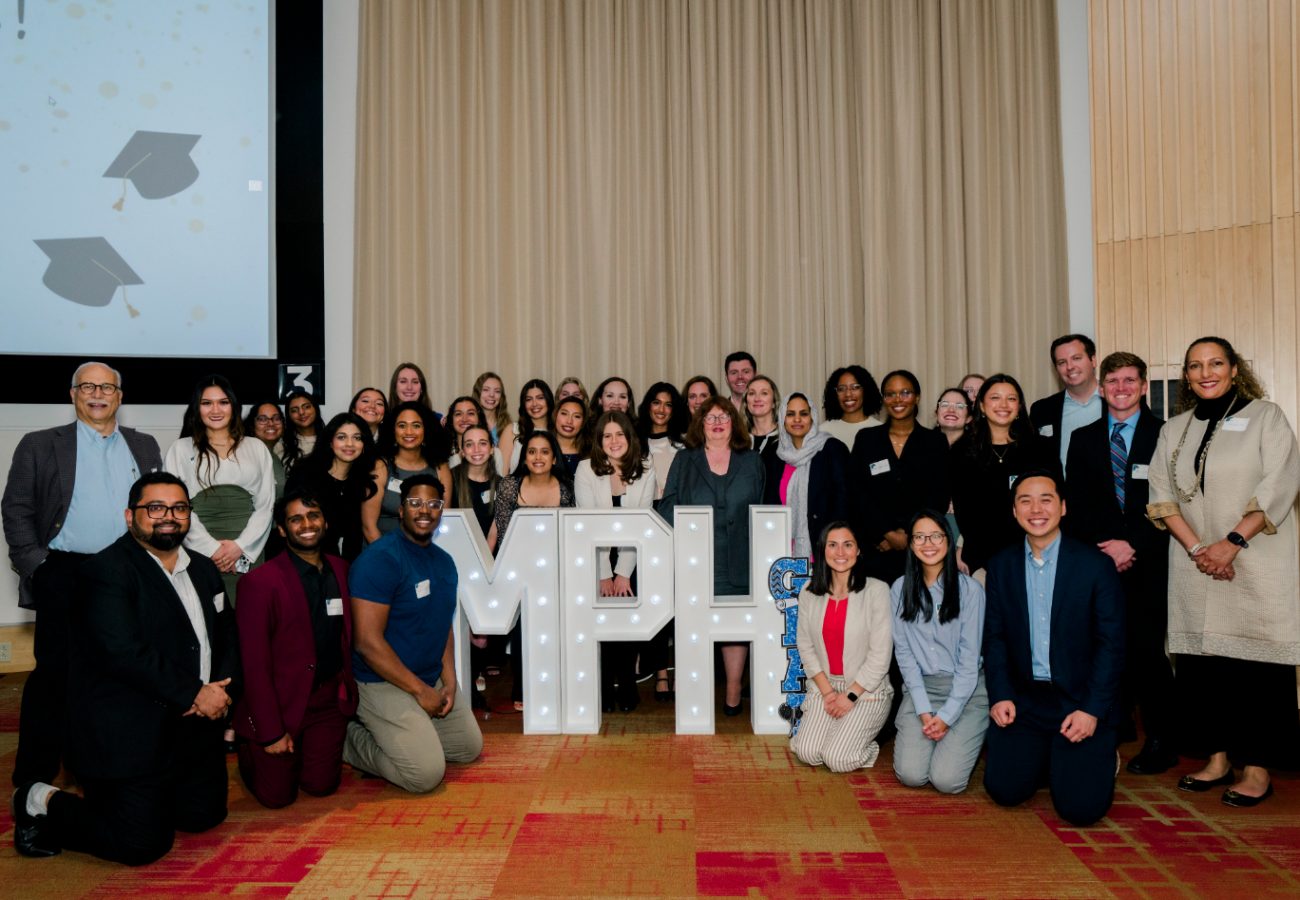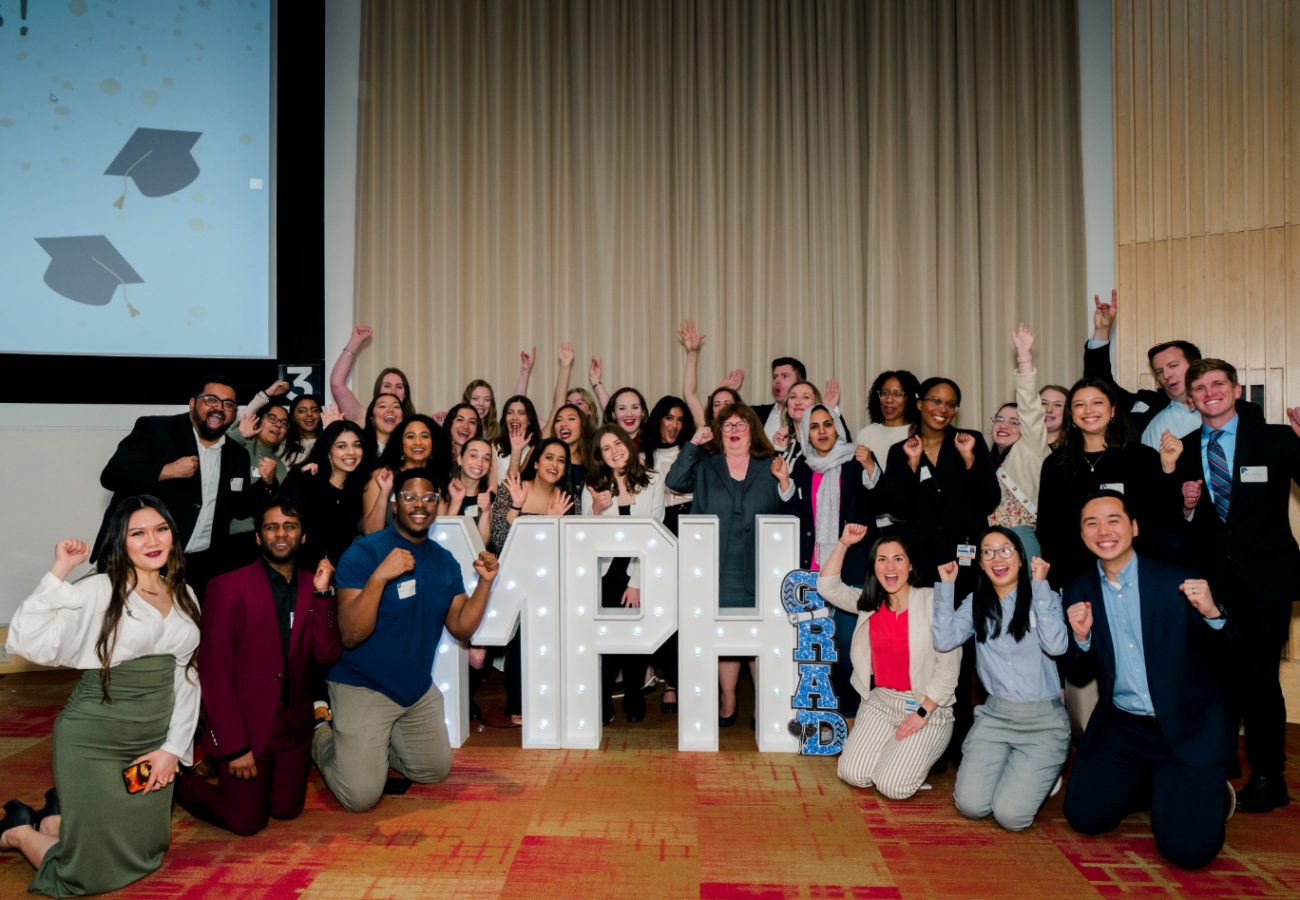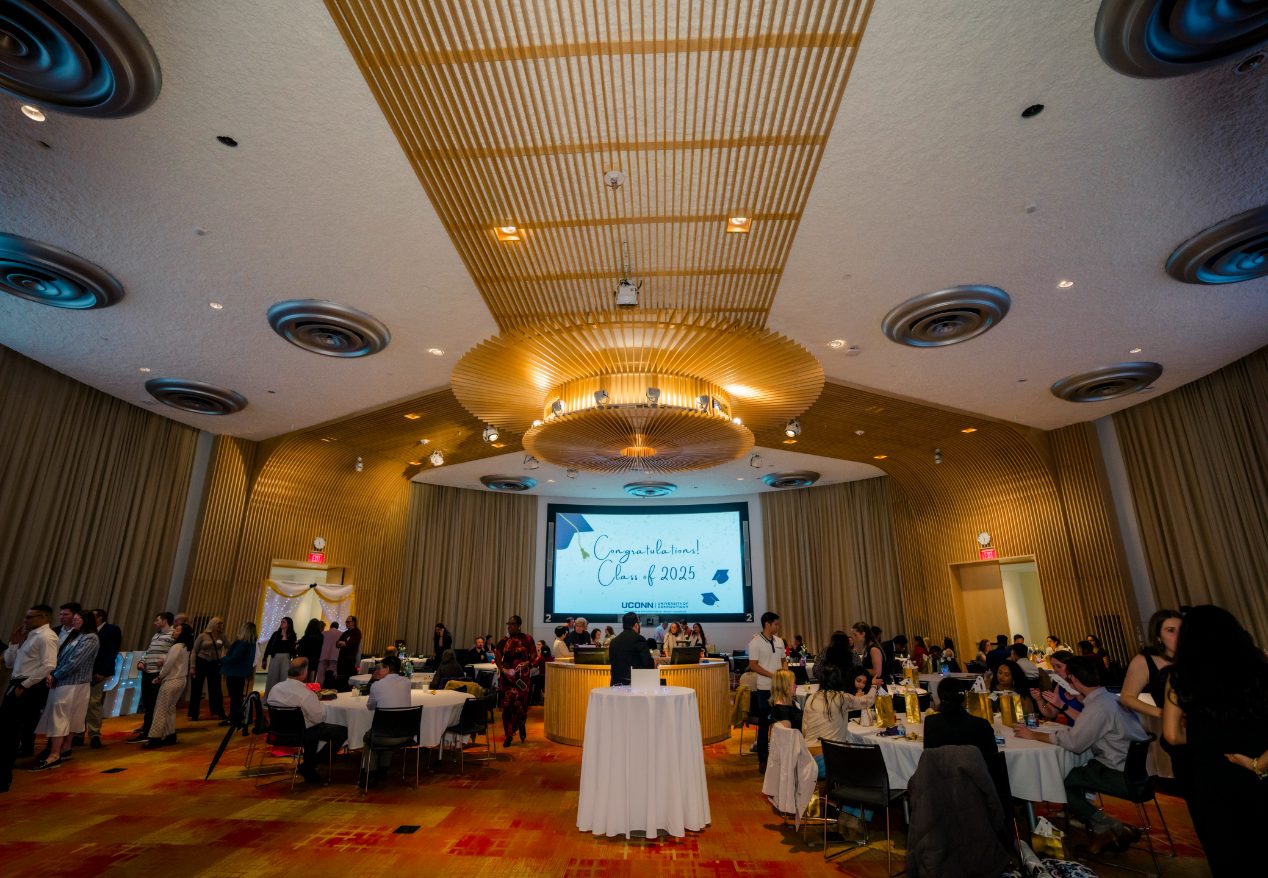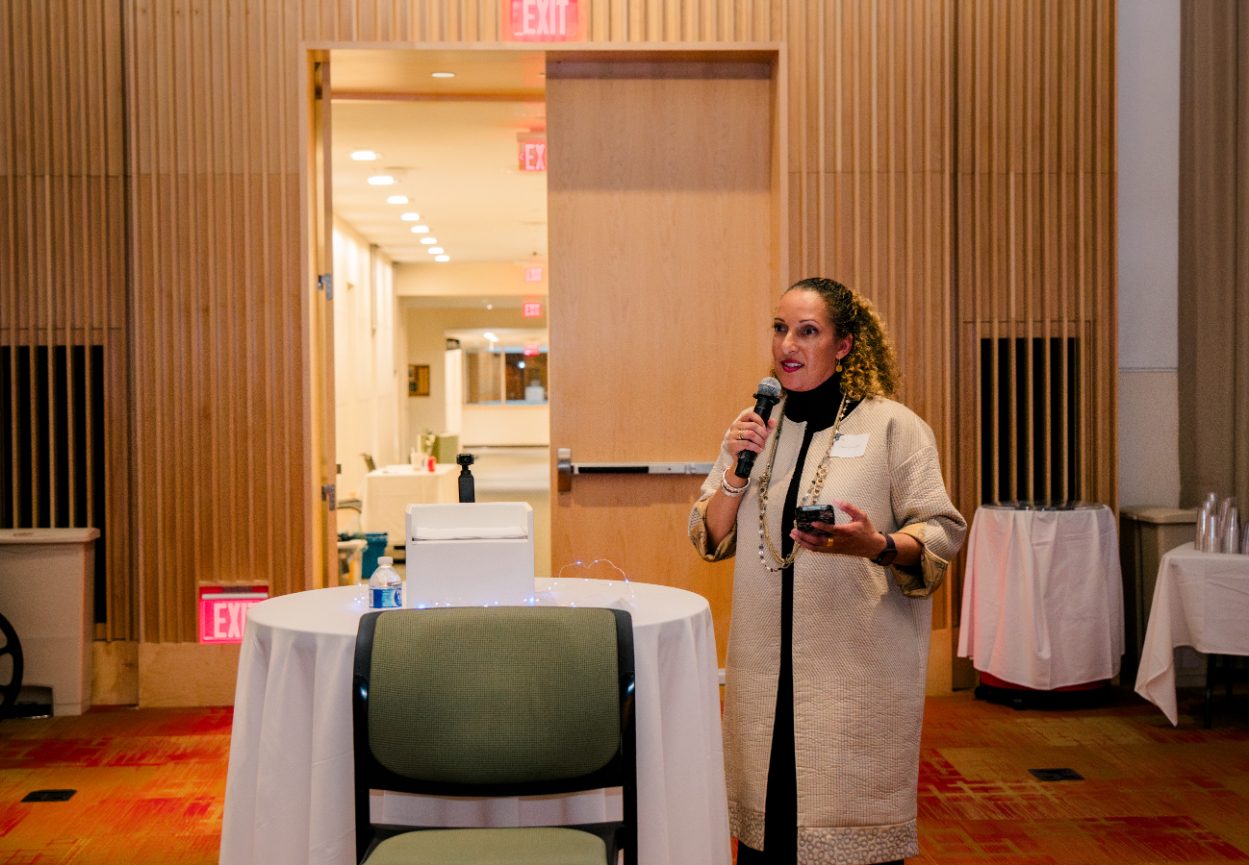
Public health is the scientific study of protecting and improving population health. While clinical professionals, such as physicians and nurses, treat individuals when they become ill, public health practitioners and experts develop strategies and practices to prevent those diseases in the first place. Public health is a growing field with a myriad of opportunities to thrive. In this post, we will talk about six reasons why you should get a degree in public health in 2026.
1. You care about the world and people
There are always plenty of reasons to study a subject, however it is important to prioritize a field that aligns with your morals and core values.. From environmental work to research, policy, and data, public health offers countless ways to improve lives. If you care about others and want to make a real impact, public health could be for you.
2. A financially rewarding career
Job security in an increasingly turbulent economy is something we all care about. Even in the current economic climate, public health offers a variety of rewarding career opportunities. Public health allows you to make a living while improving the health and well-being of others. Below are some the high-paying jobs within public health according to the U.S. Bureau of Labor Statistics.
- Medical and Health Services Managers: $104,830 annually
- Biostatisticians (Statisticians): $98,920 annually
- Operations Manager (such as at a non-profit): $98,100 annually
- Epidemiologists: $85,880 annually
- Occupational Health and Safety Specialists: $78,570 annually
3. Diverse Career Options
Public health is a field of study that provides you with a variety of career choices to choose from. If you have a passion for teaching, you can become a community health educator. If you love math and statistics, you can emerge as a biostatistician. If you love advocacy, you can be a health policy analyst or a lobbyist. A graduate degree in public health will open doors for you at both the local and federal levels.
4. You love leadership and teamwork
We all know someone who has a captivating natural charisma someone people love listening to, someone who thrives in a team. If you are that someone (don’t worry if you are NOT, we have plenty of options for you too 😀 ), public health offers plenty of opportunities for you to shine. There are plenty of leadership roles available for public health graduates at the state, federal, non-profits level, and so on. Courses like Health Administration equips students with all the fundamental skills needed for these positions.
5. You love meeting new people
Public health is a highly interdisciplinary field. It recruits experts from a variety of fields, including, but not limited to, biology, statistics, economics, sociology, environmental science, and medicine. A career in public health offers you the chance to meet and network with individuals from diverse disciplines. You will continuously be provided with opportunities to expand your knowledge and refine your skills in a plethora of settings.
6. You love teaching and research.
Public Health also offers plenty of teaching and research opportunities. If you receive training in Biostatistics or other public health research methodology courses, you can easily find a job as a research analyst at any firm. If you have a graduate degree, such as a Master’s or PhD in Public Health, you can start teaching at different colleges and universities.
Overall, public health is a very rewarding field. It gives you the chance to make a difference in the lives of others and impact communities on a deeper level.
Thank you for reading.
Program in Applied Public Health Sciences email: publichealth@uchc.edu
Program Director: Dr. Stacey Brown, PhD – 860-679-5470 stbrown@uchc.edu

